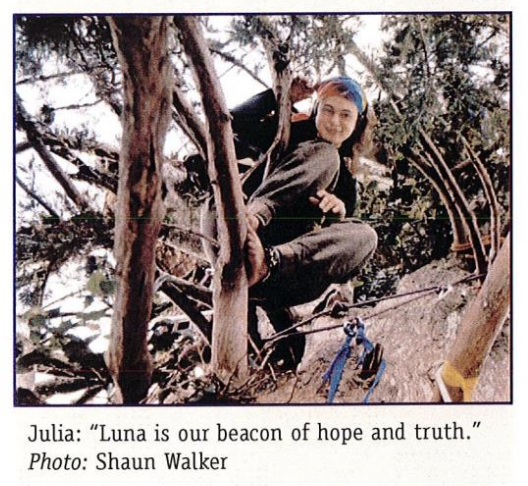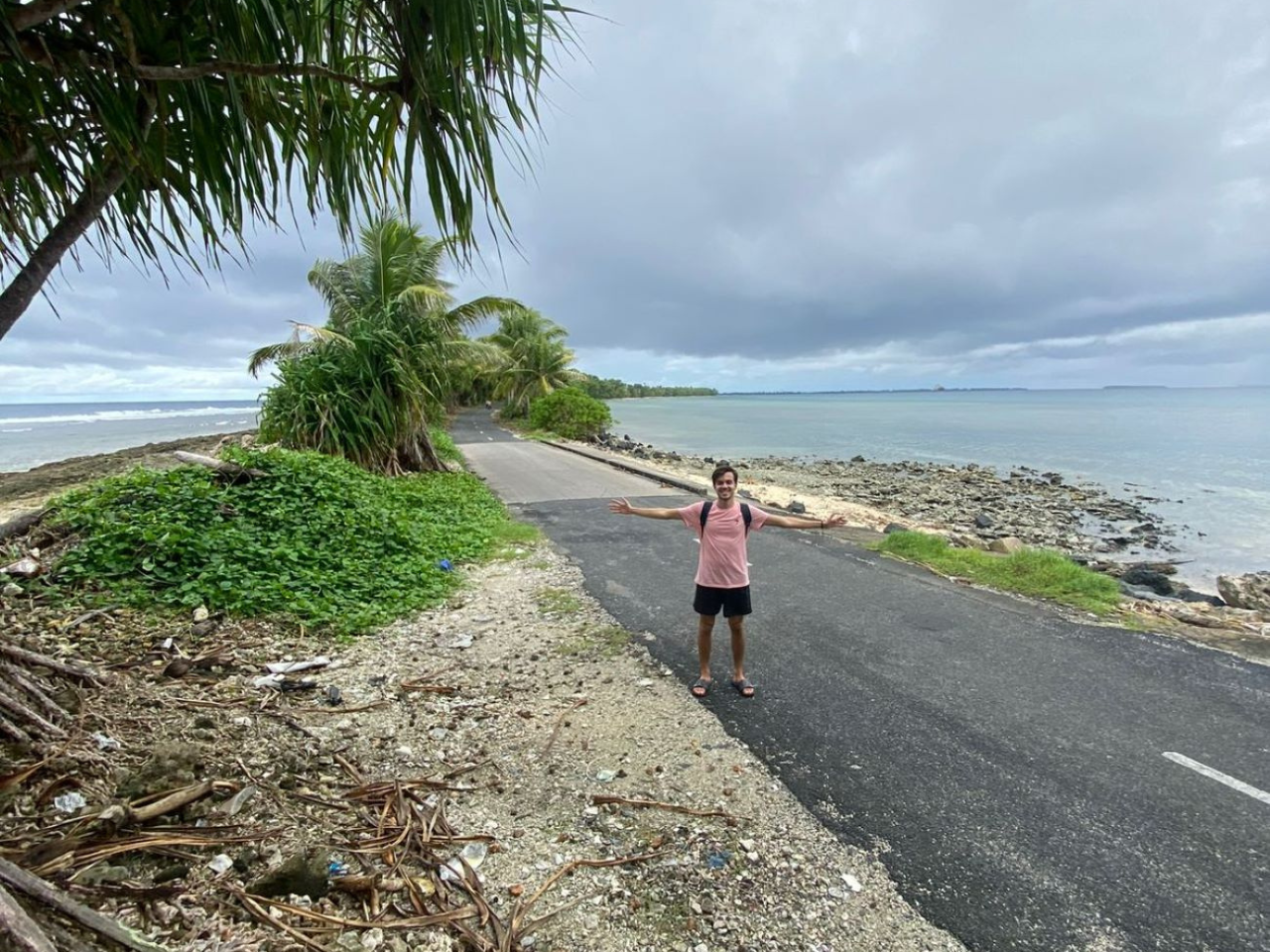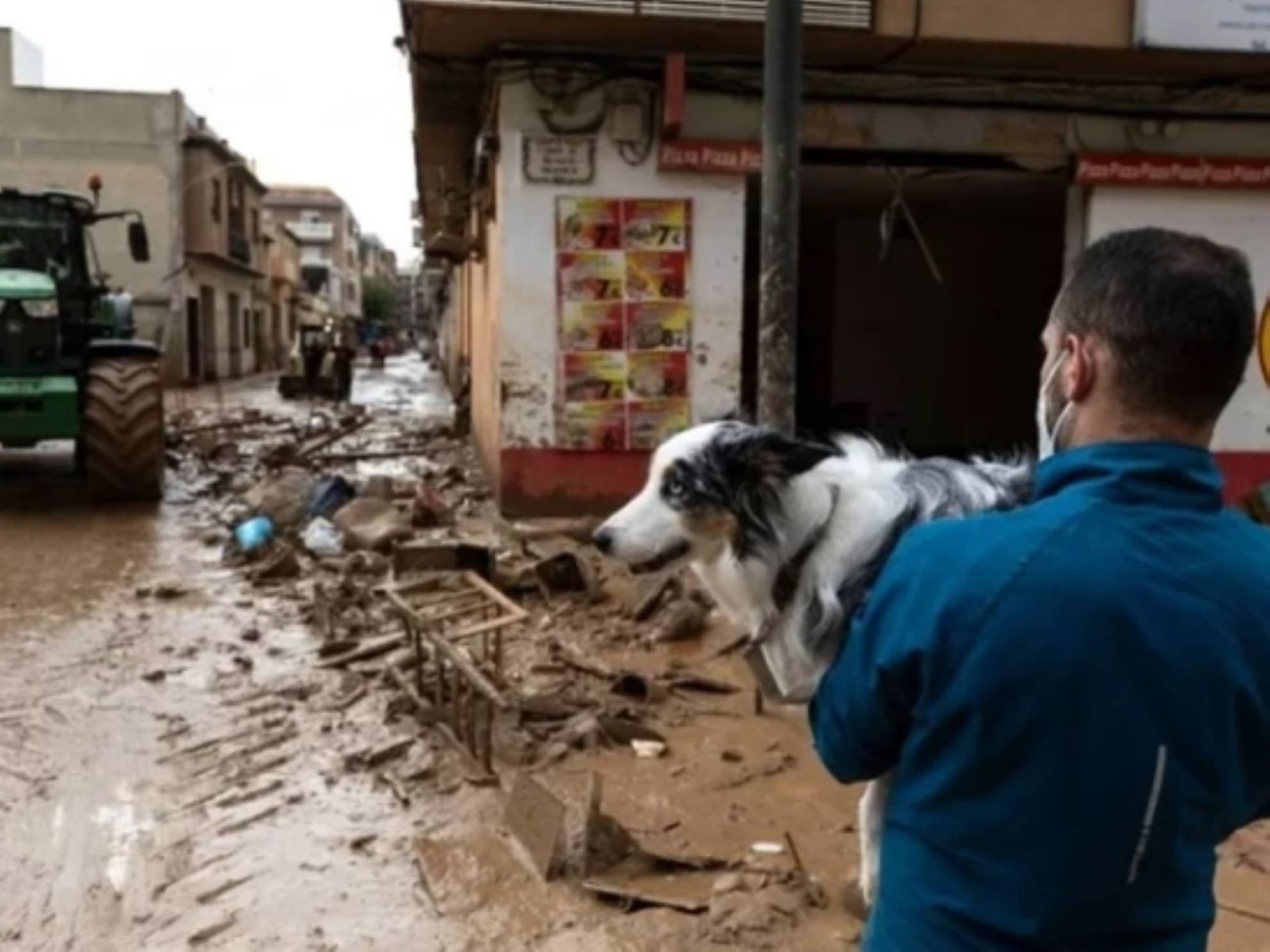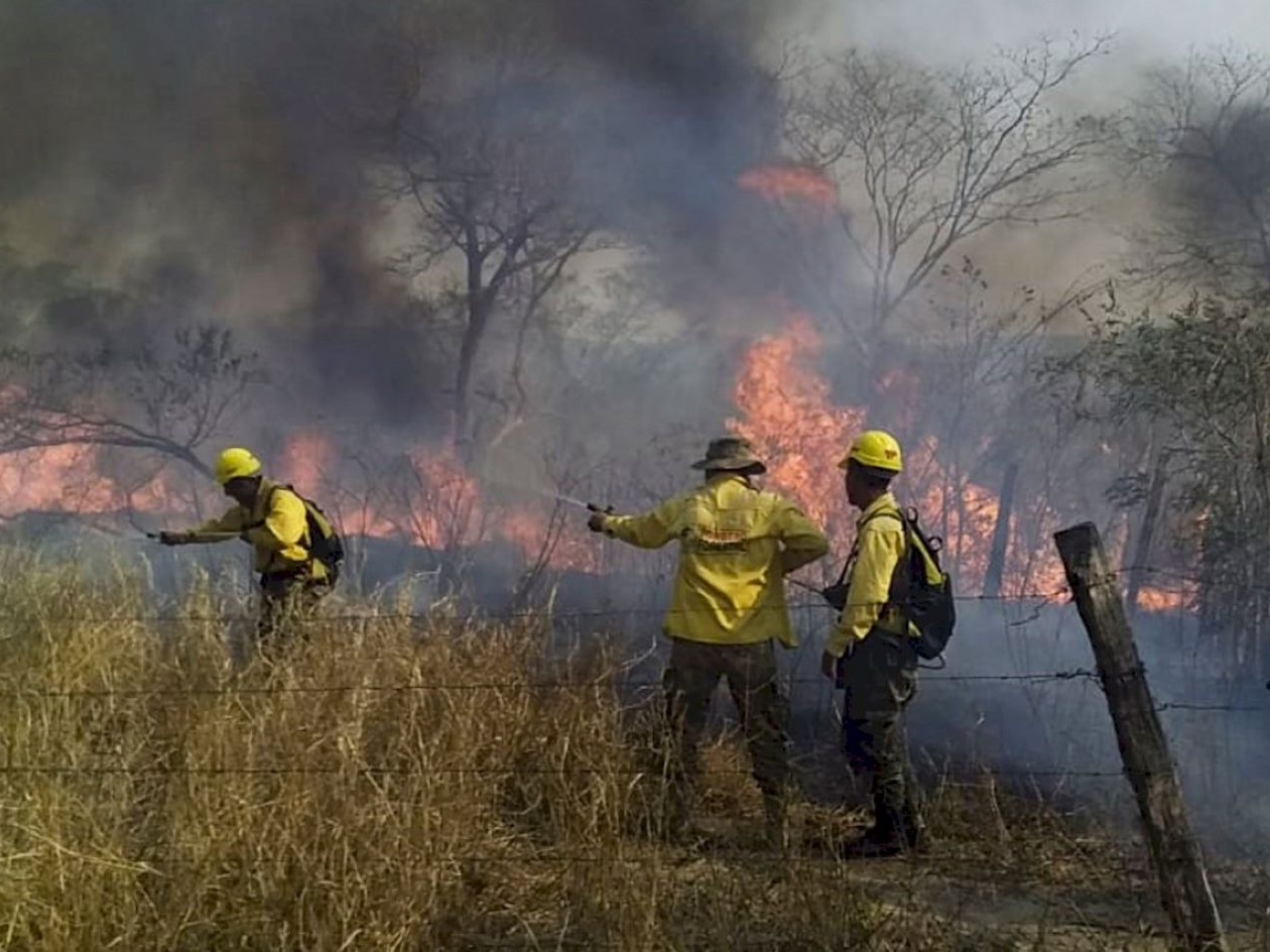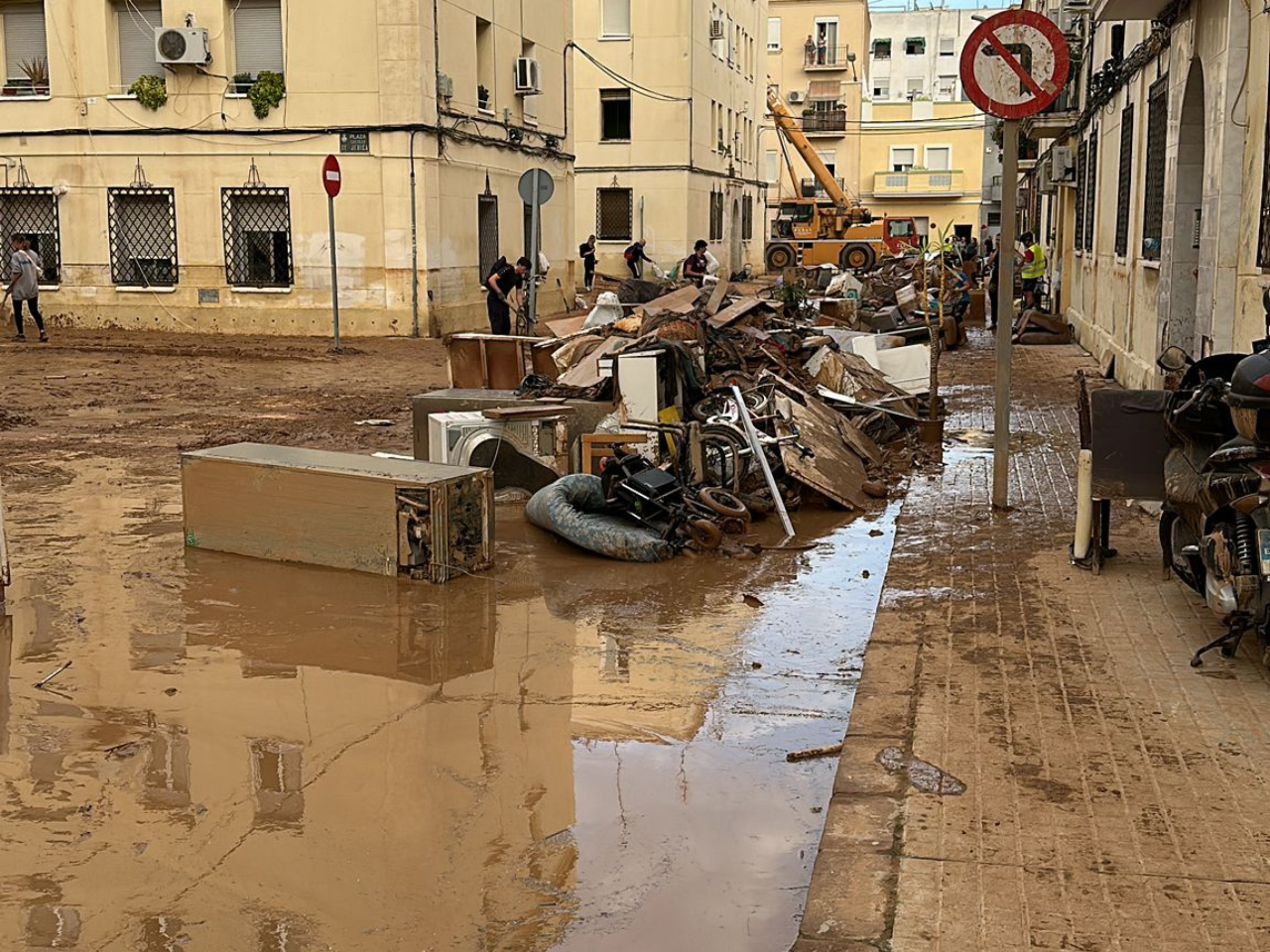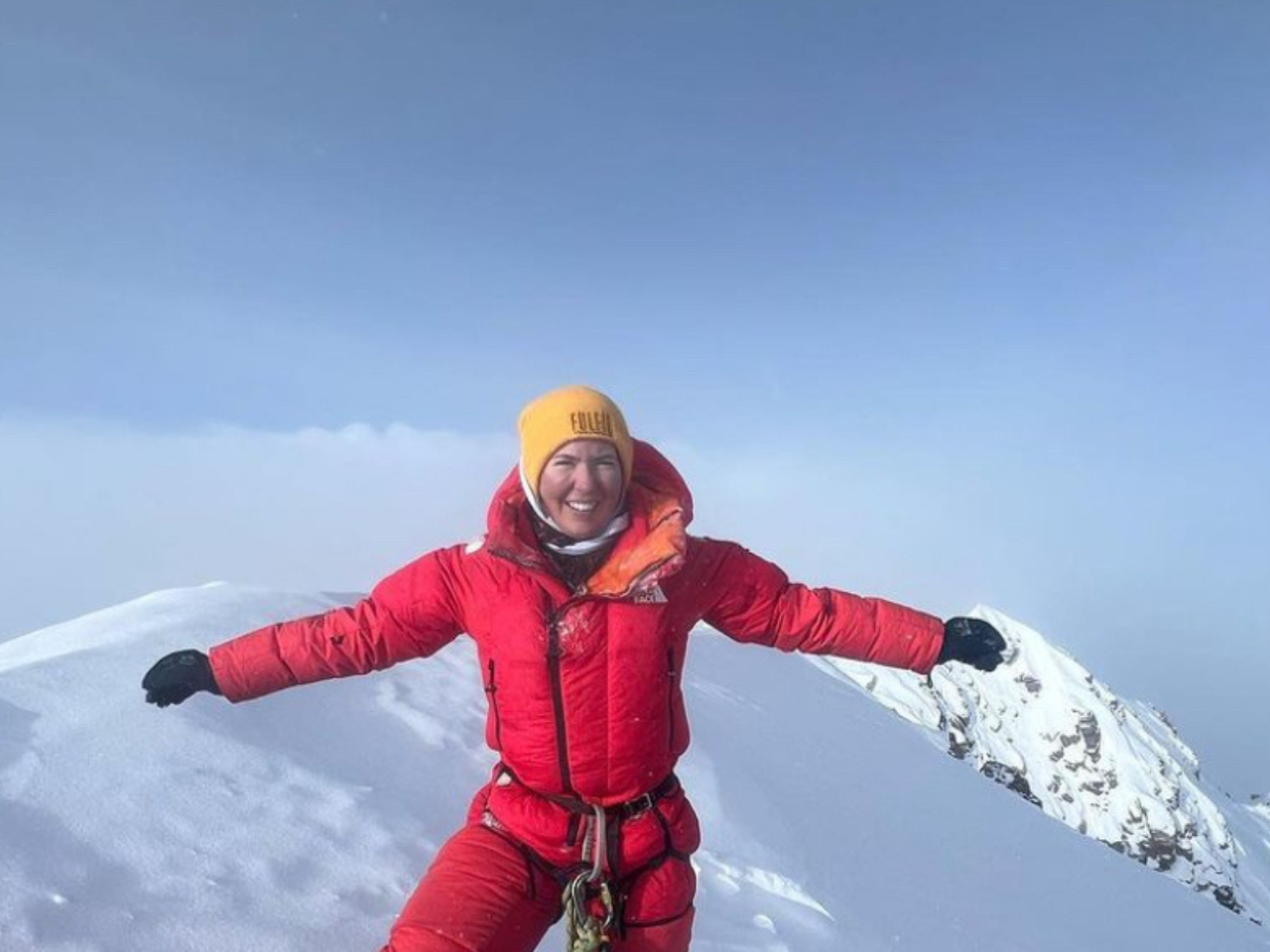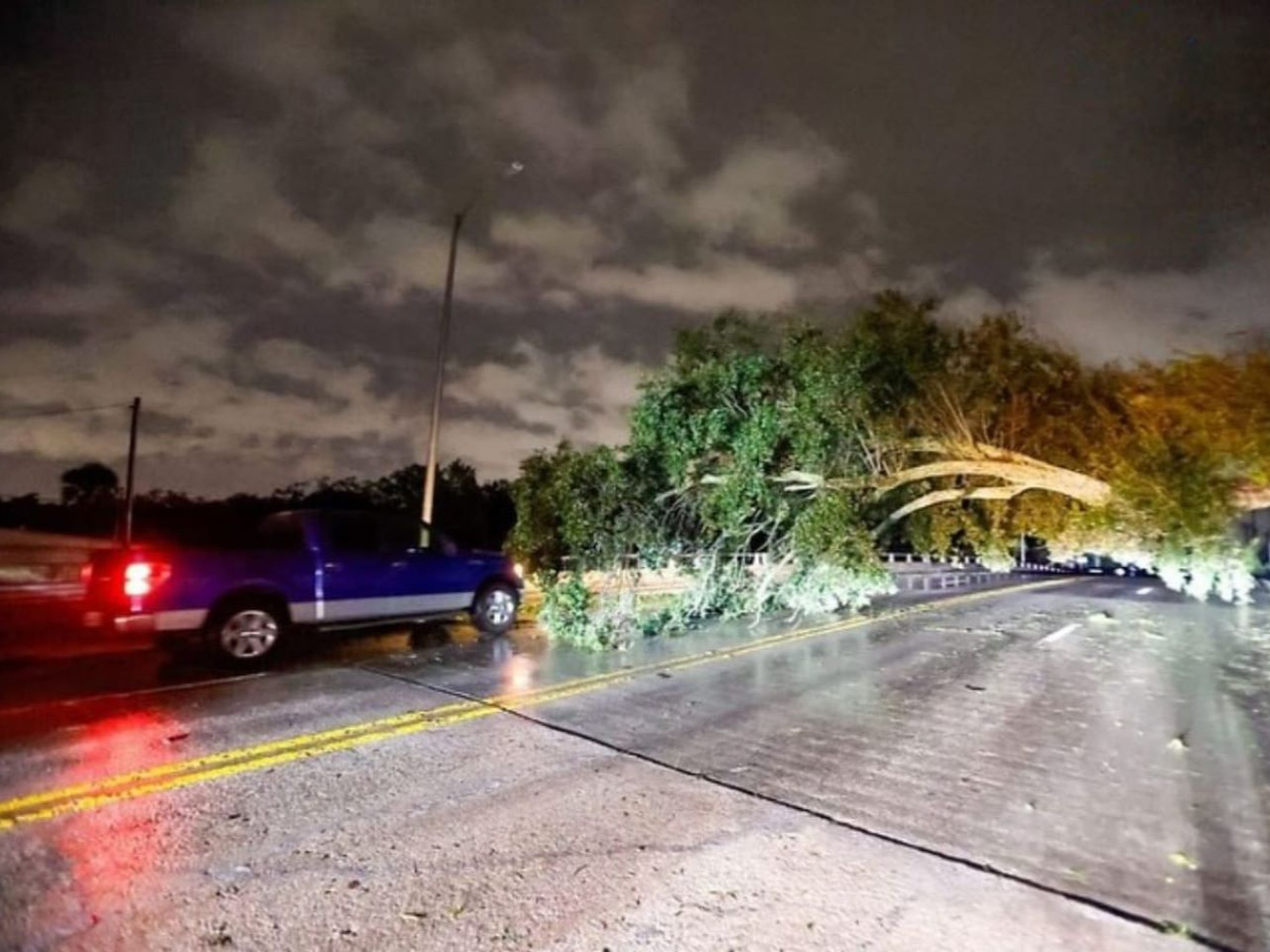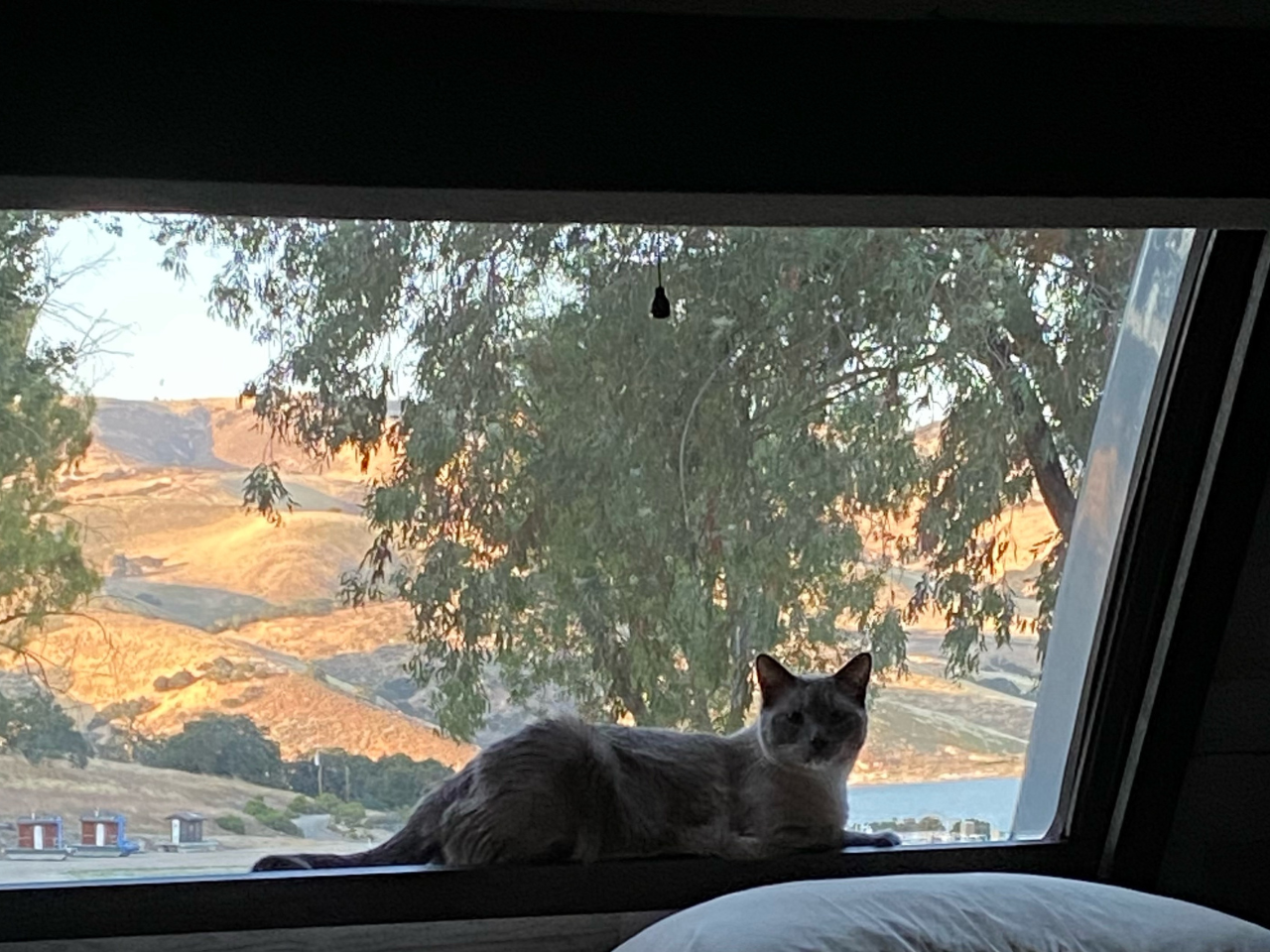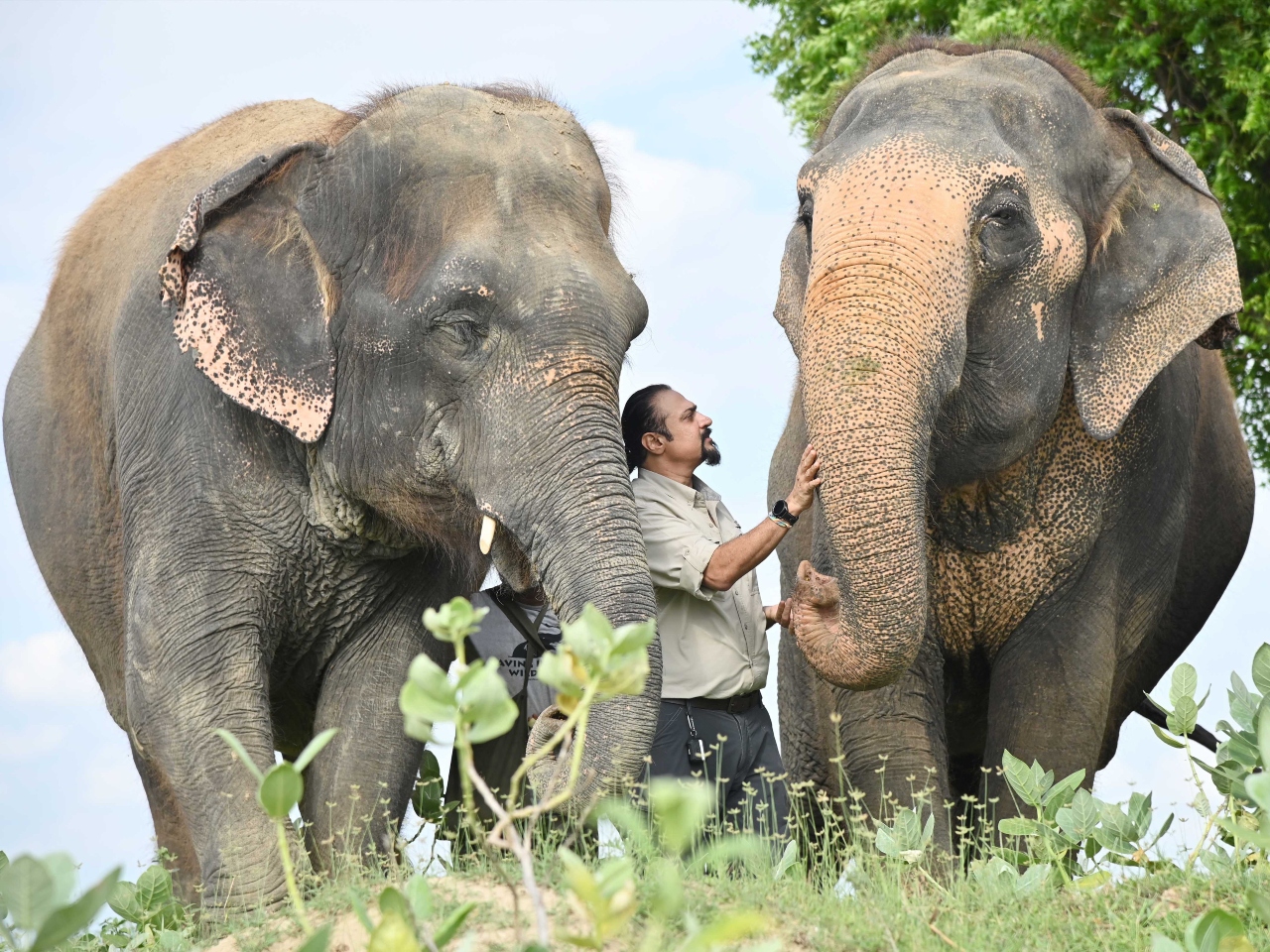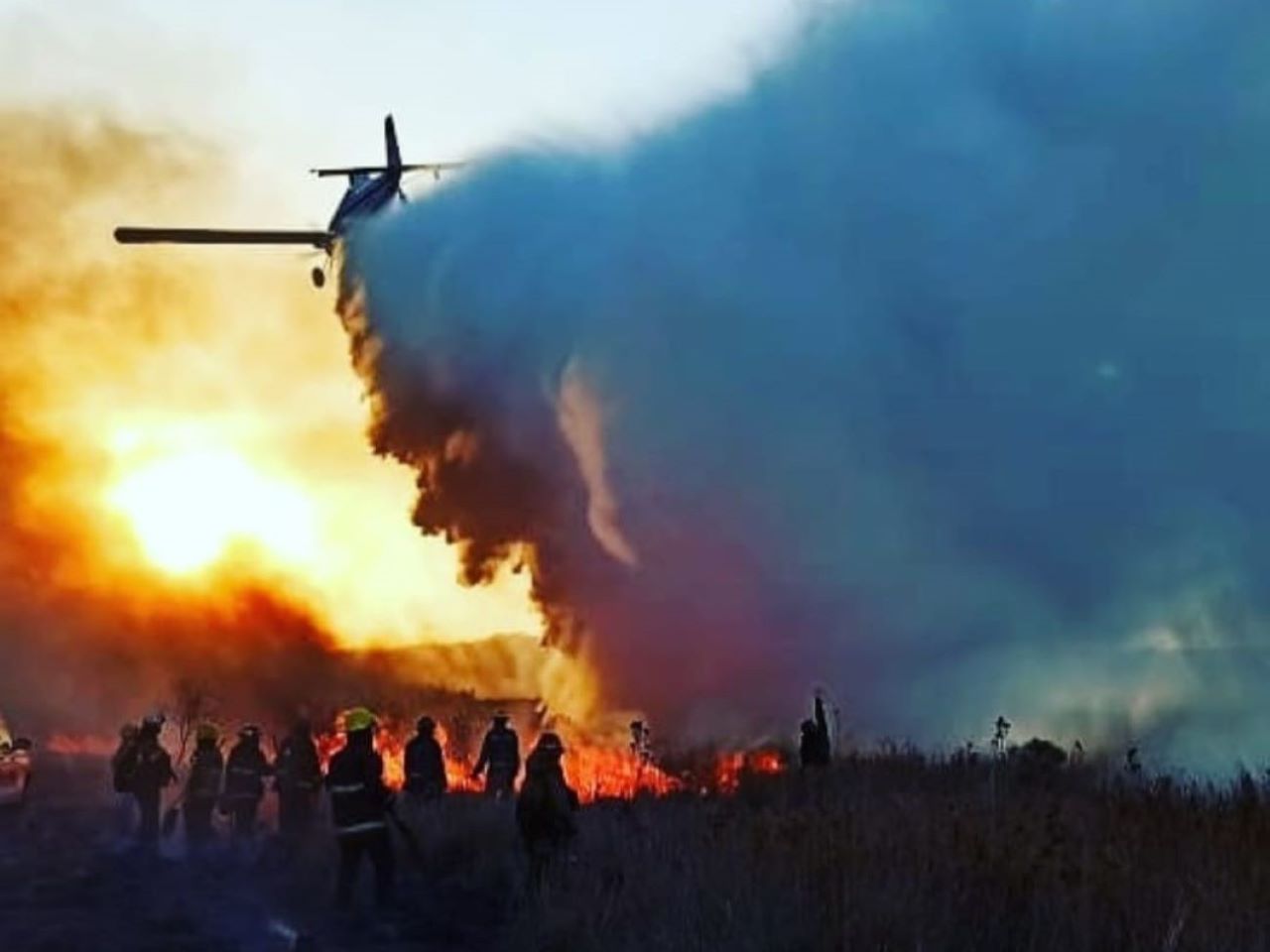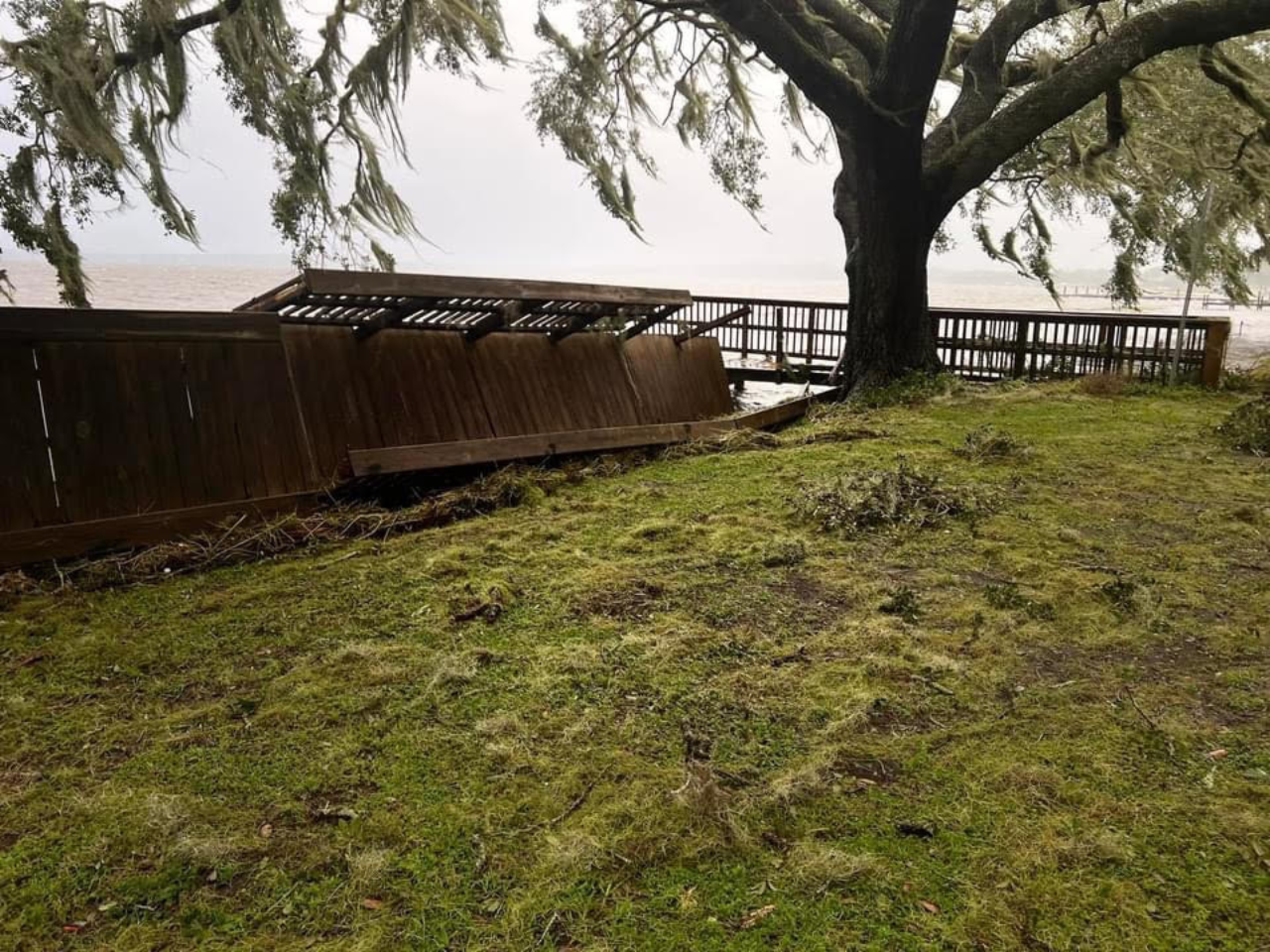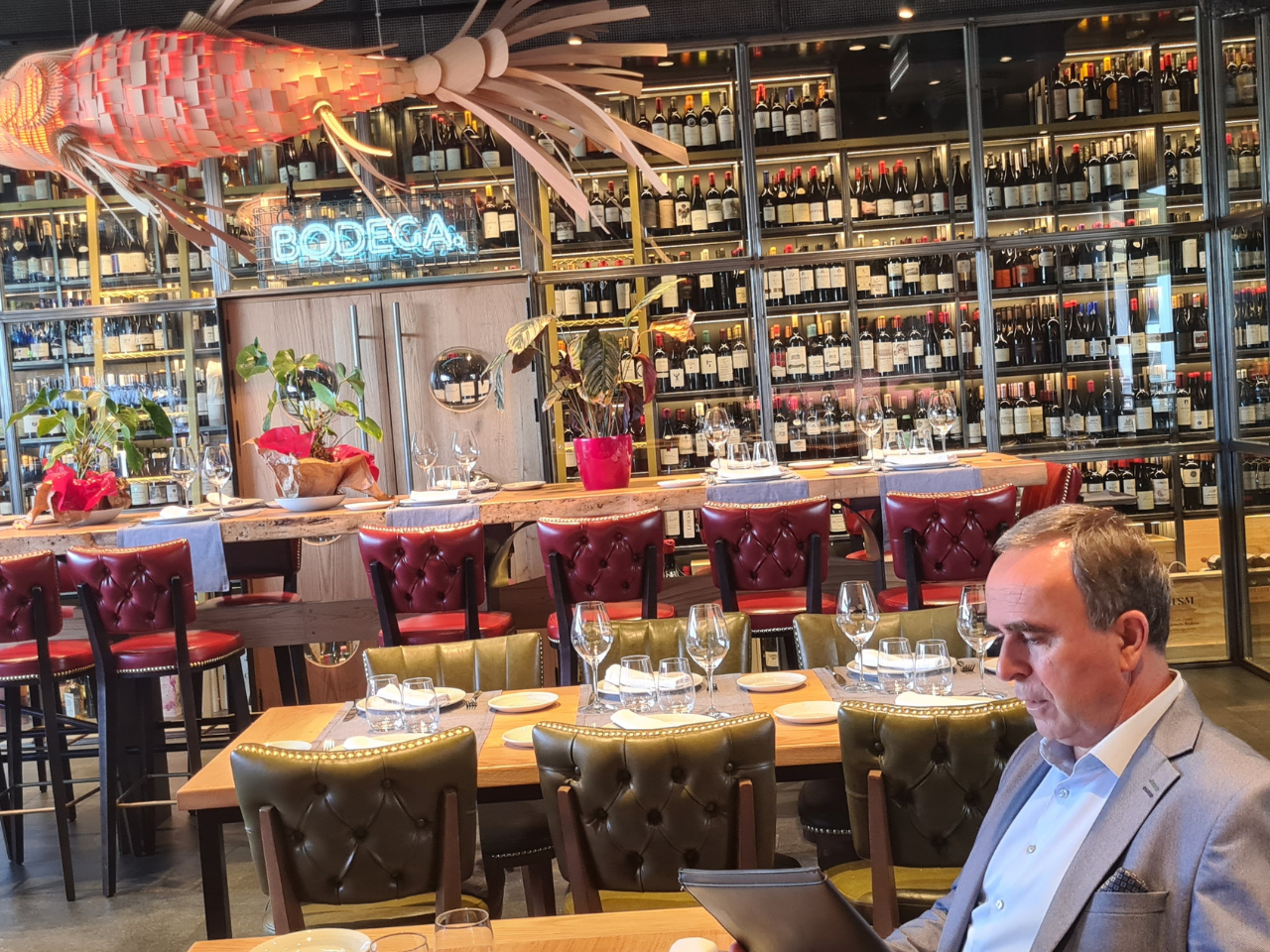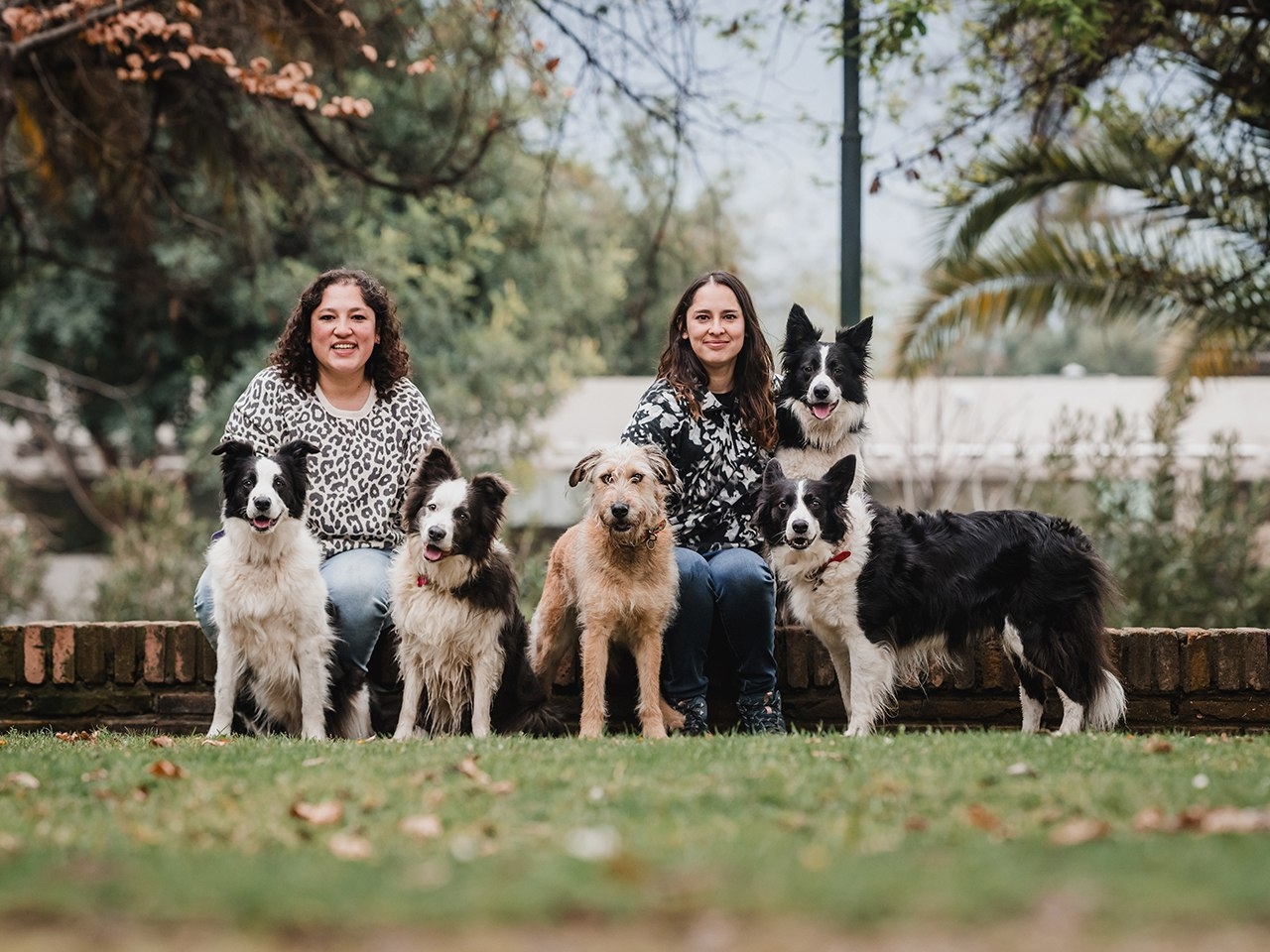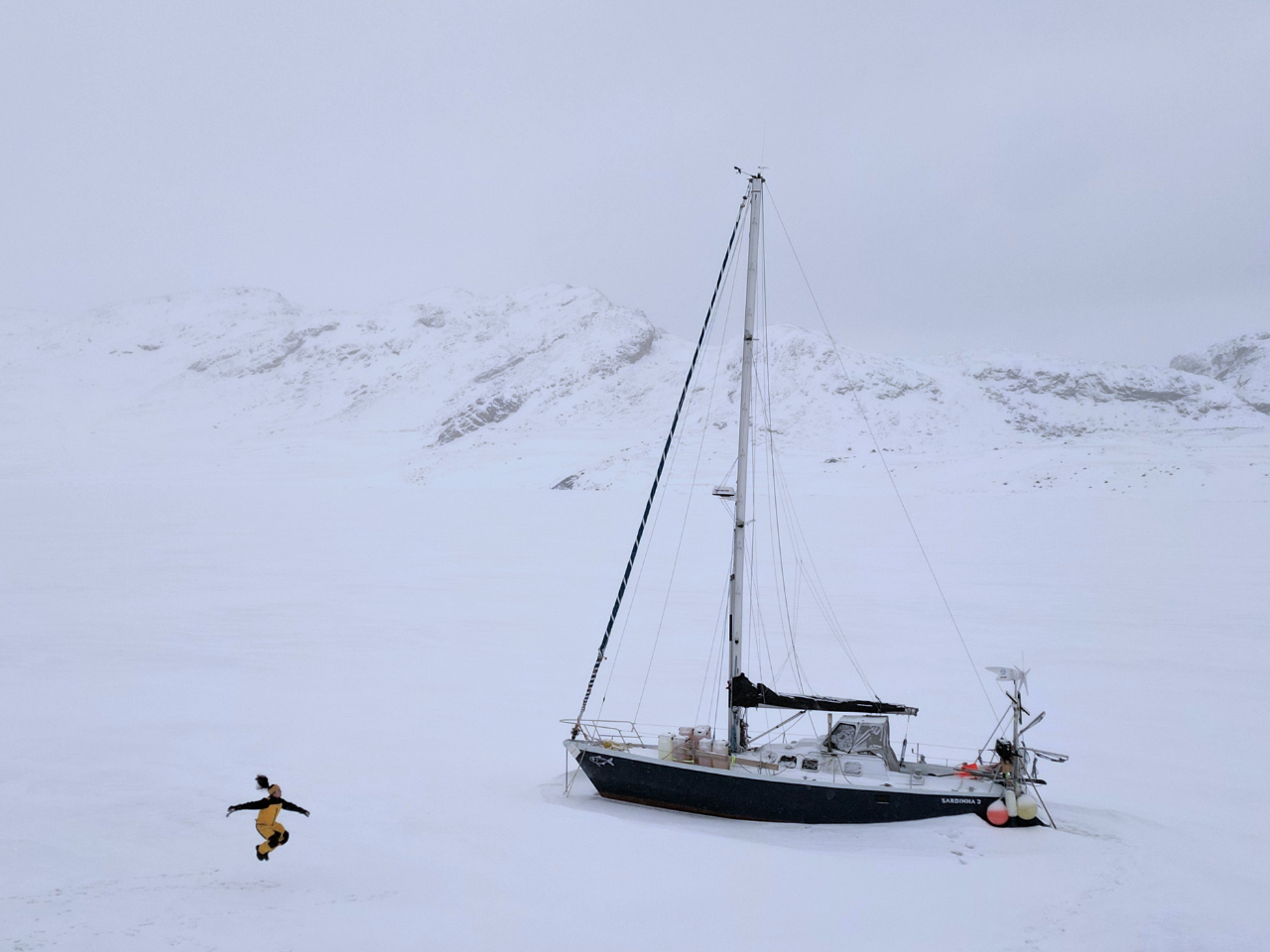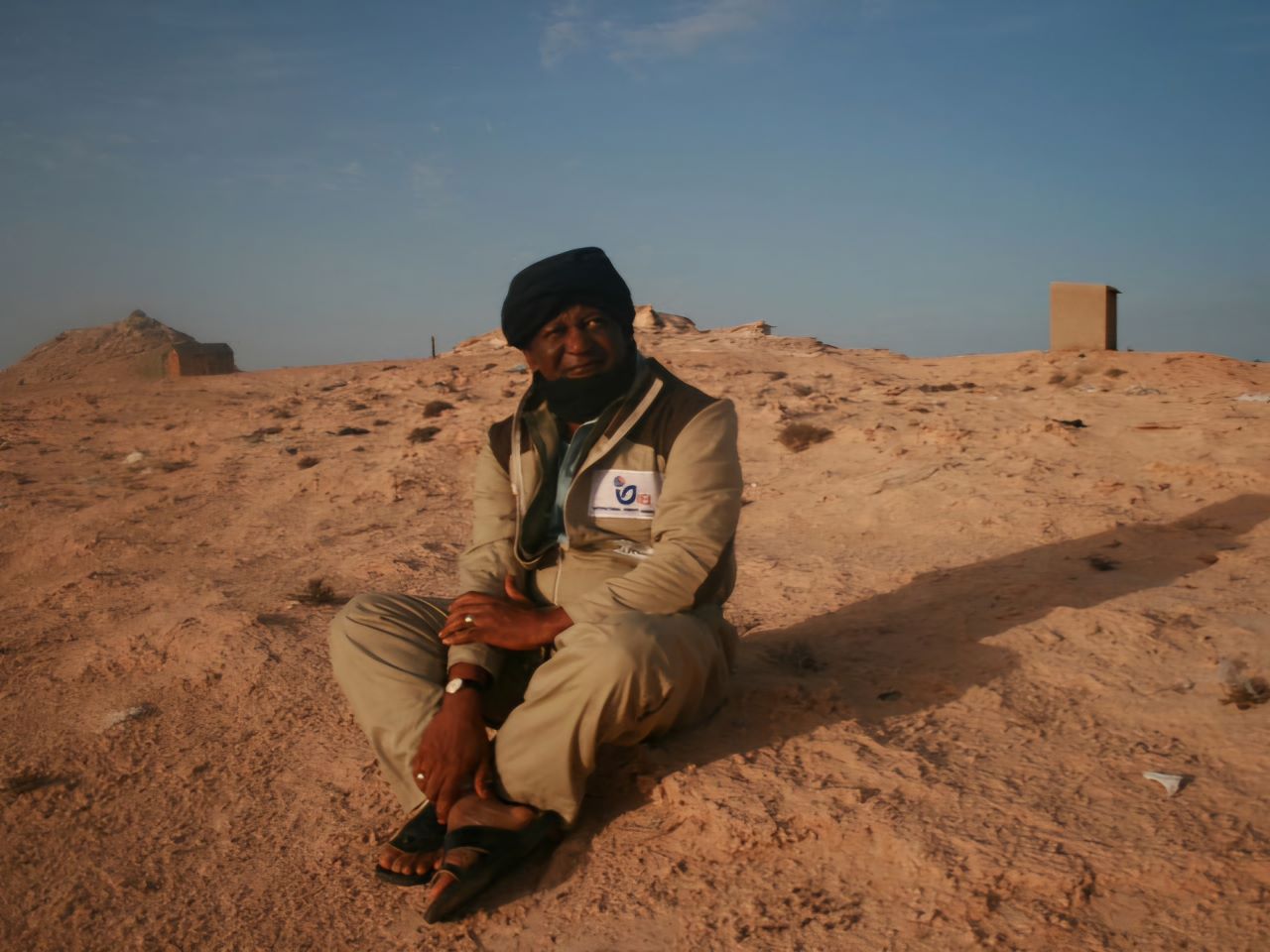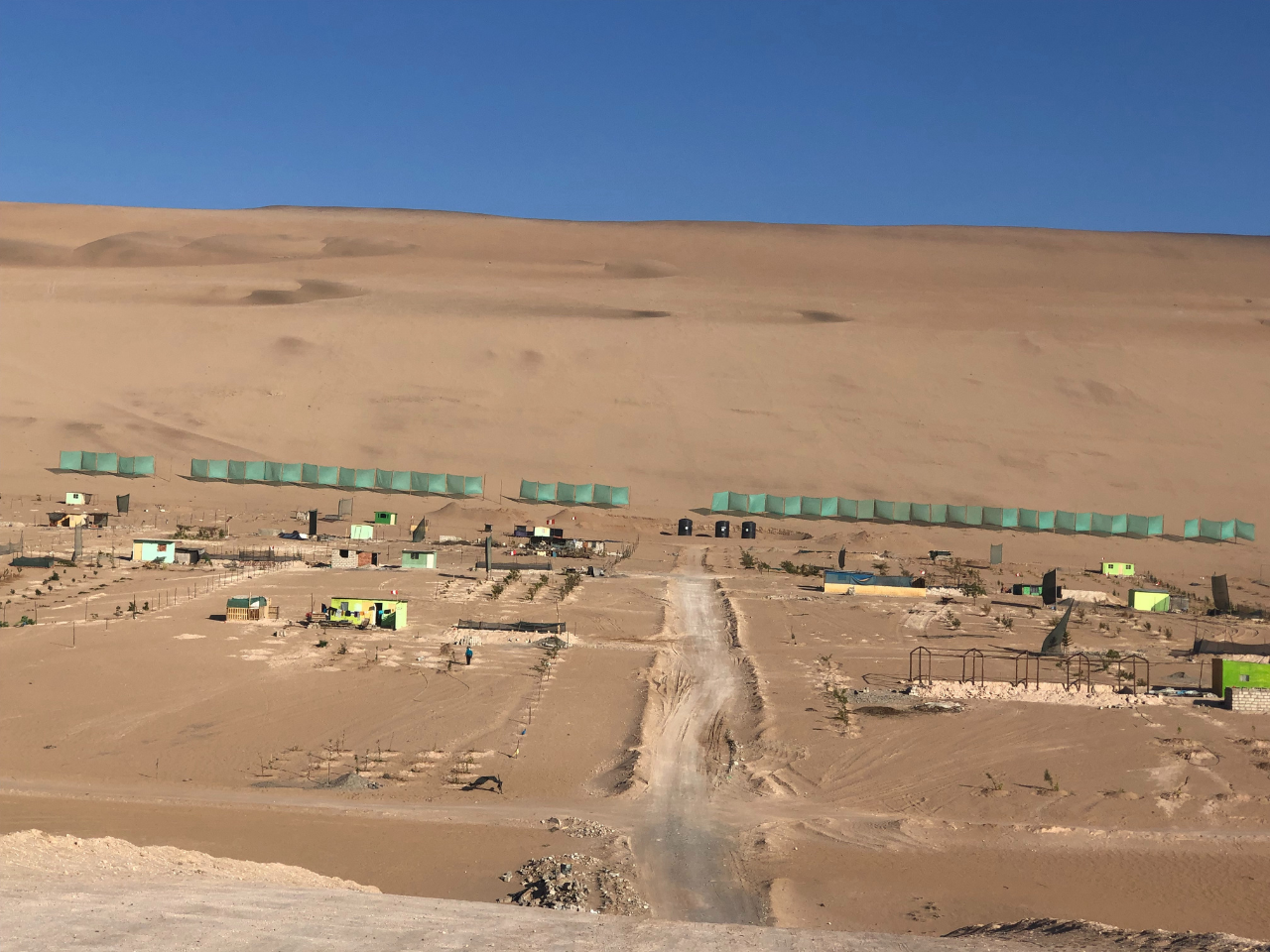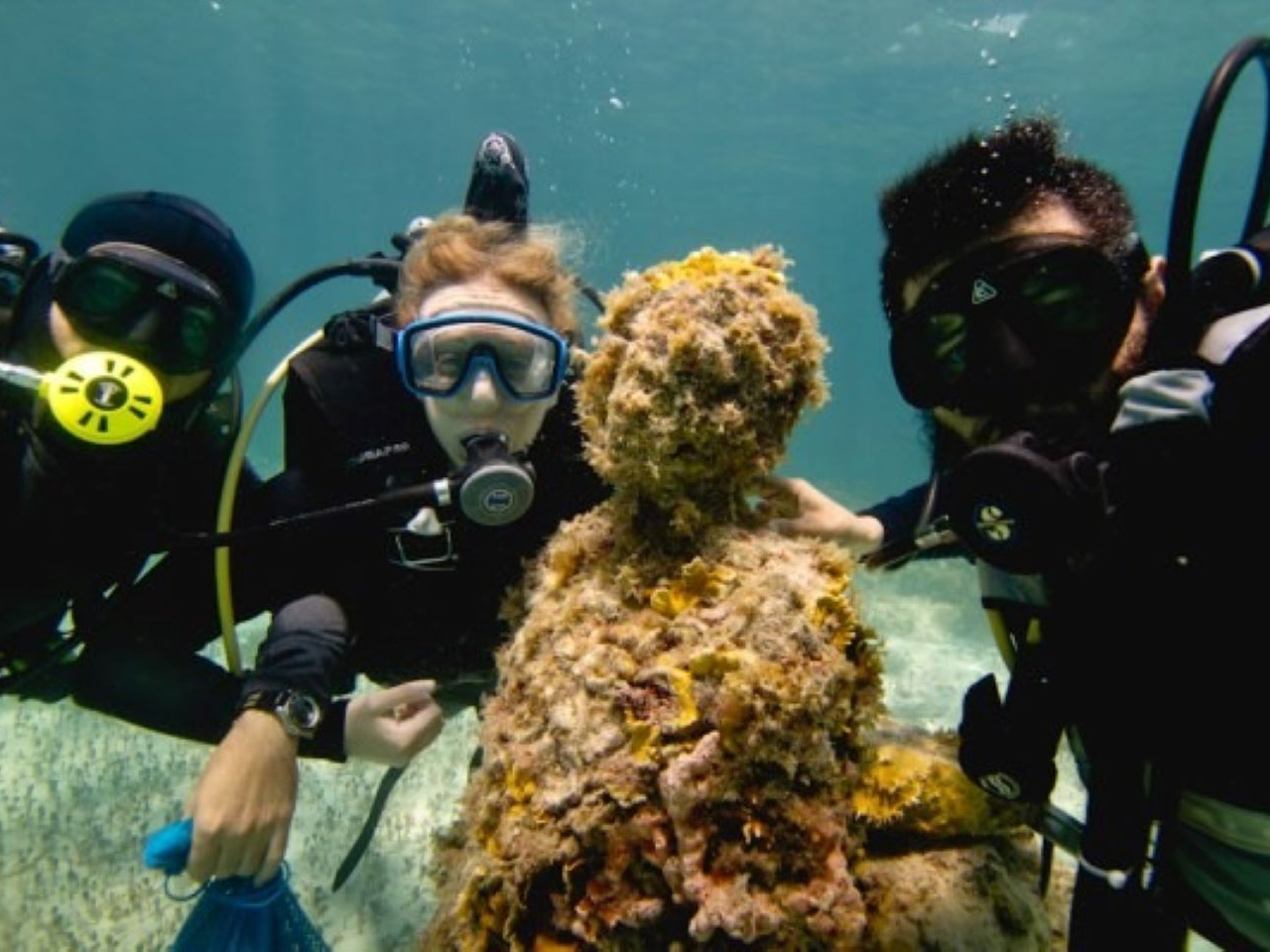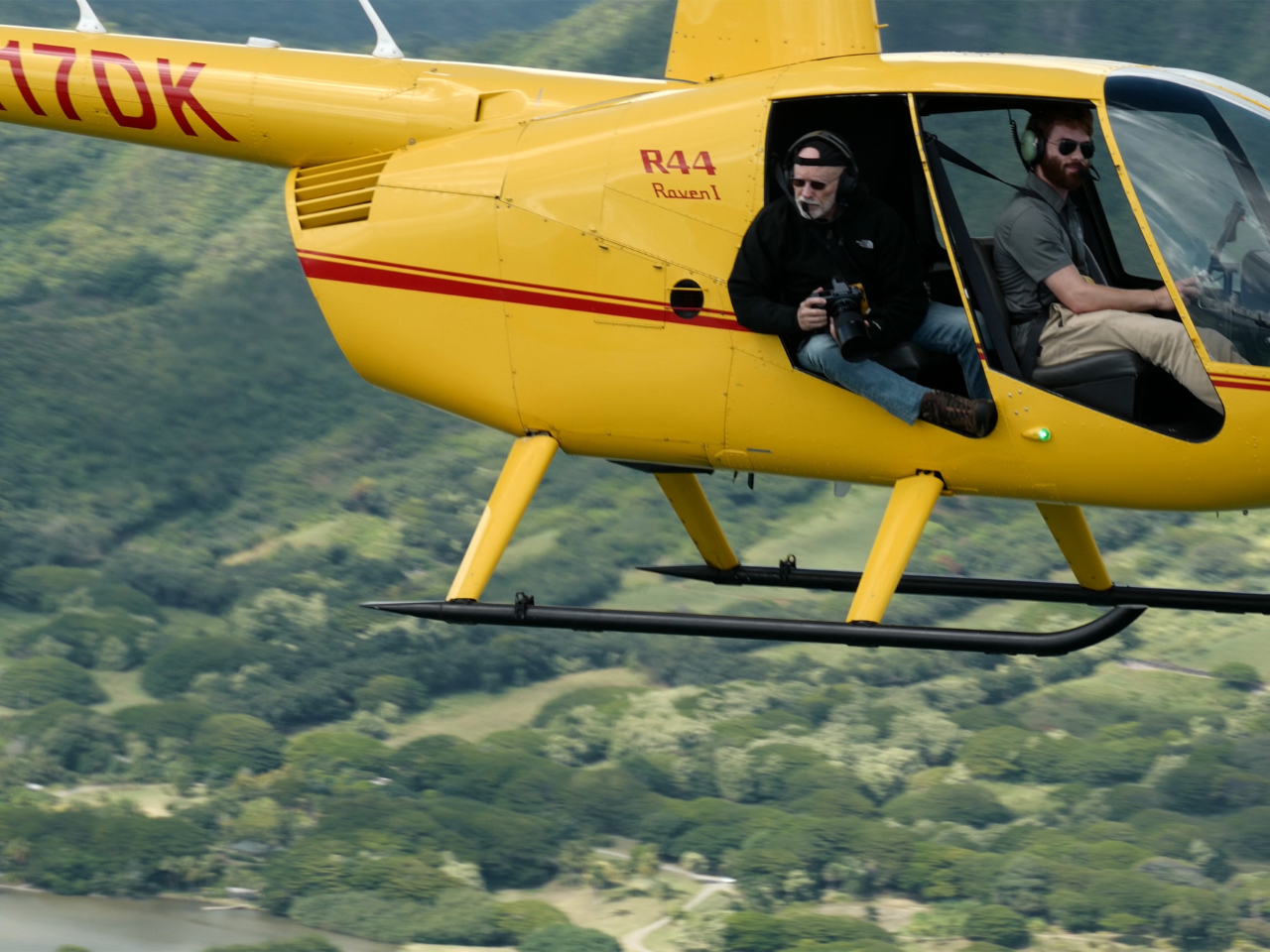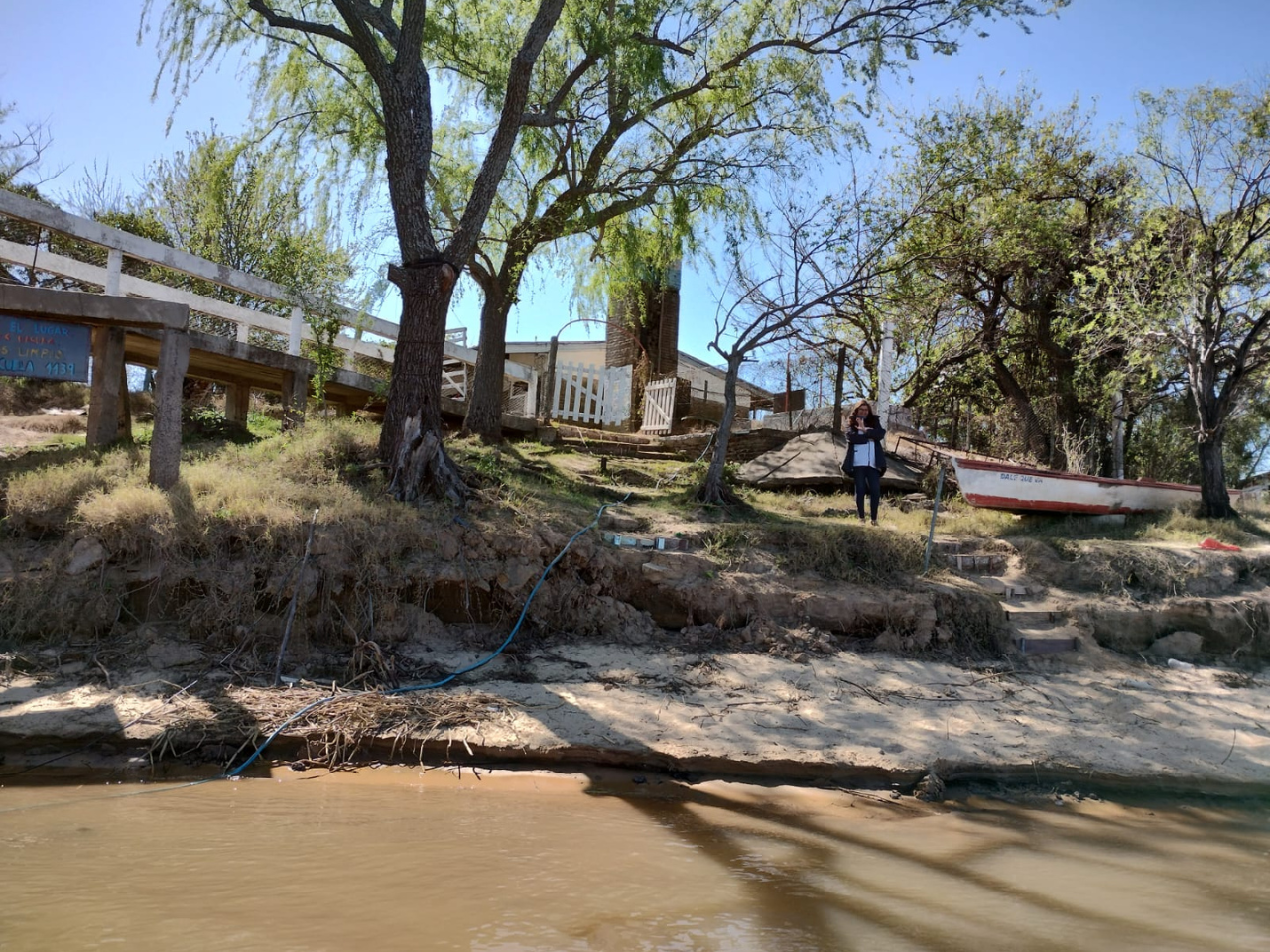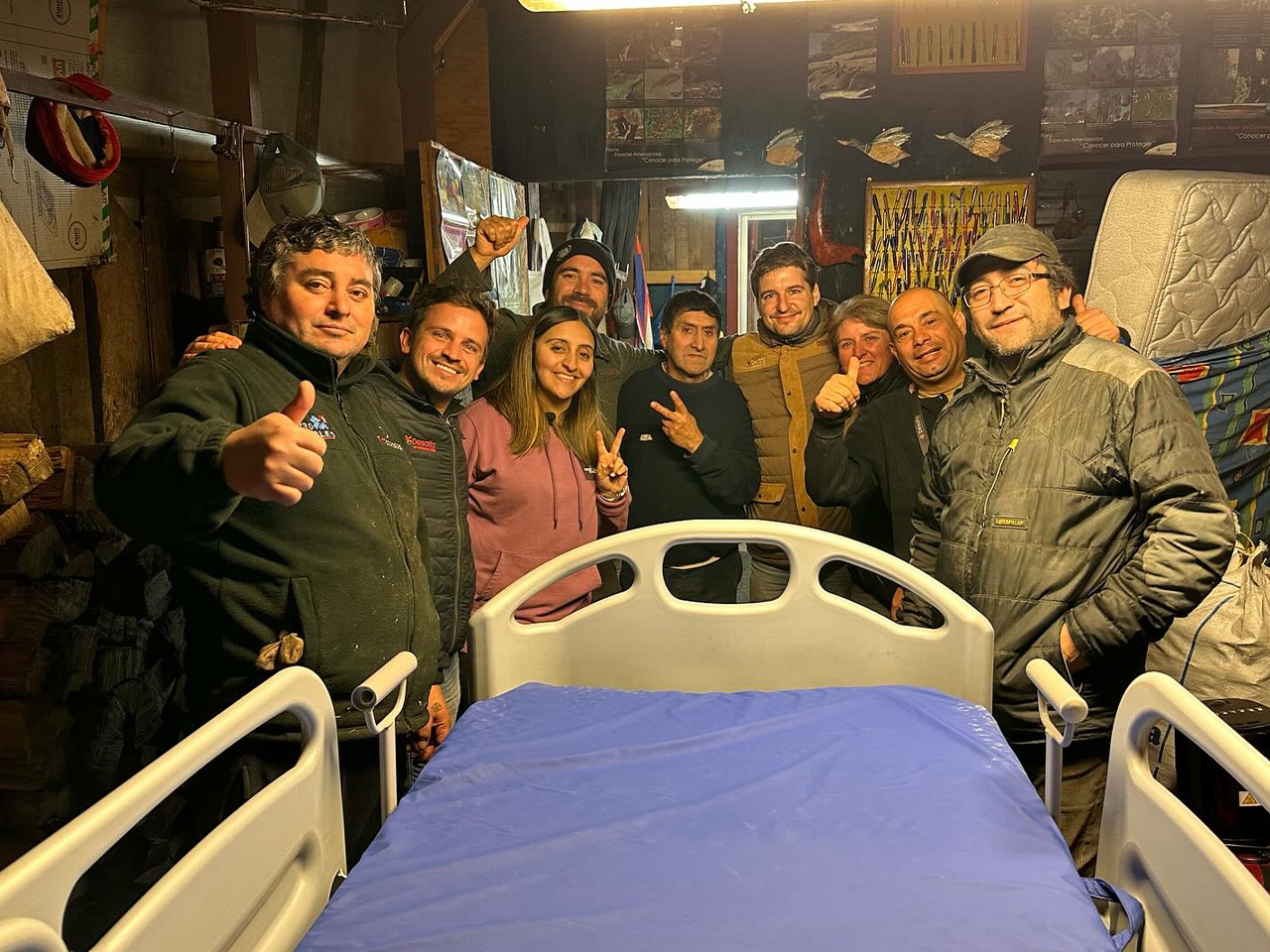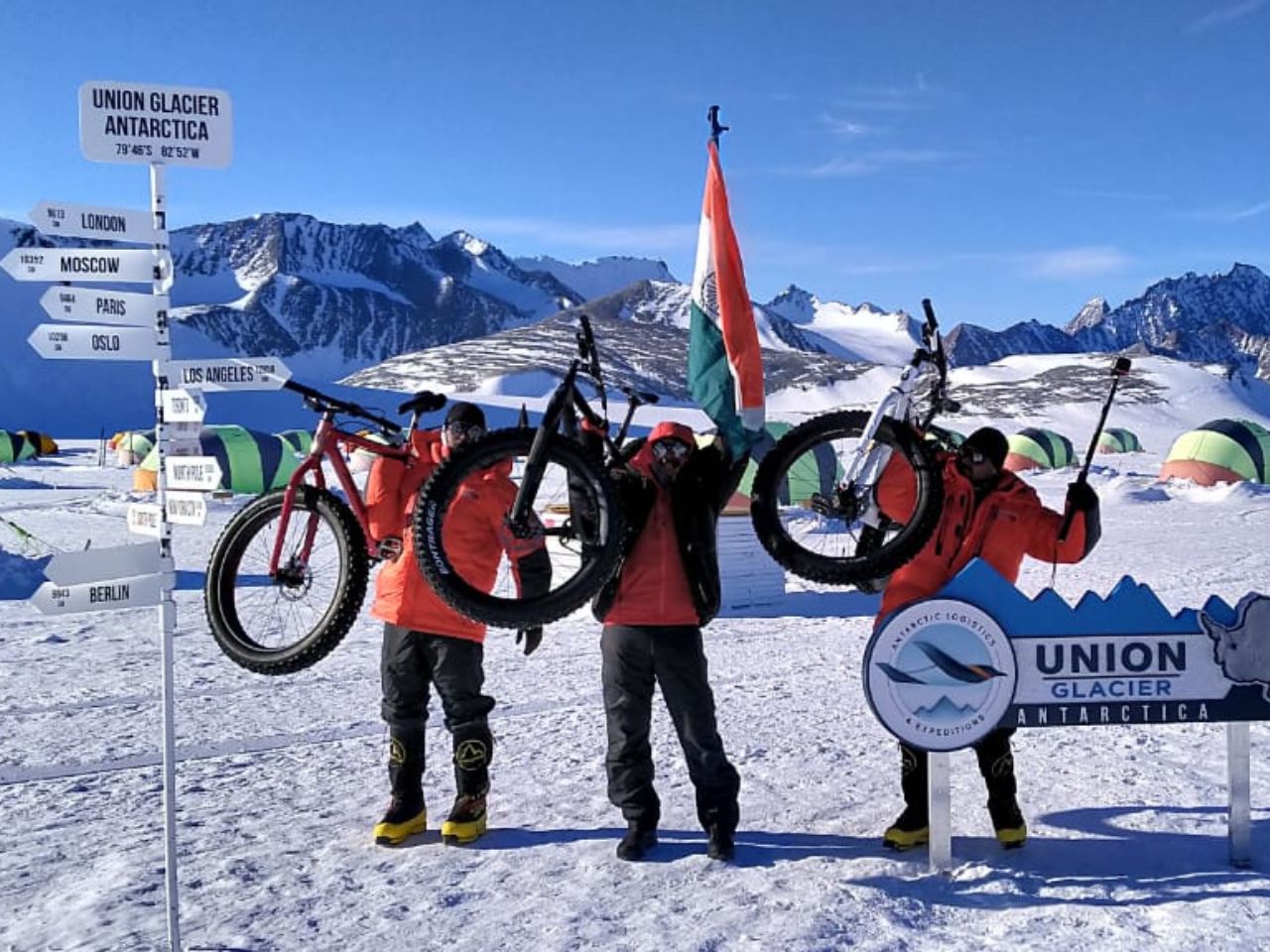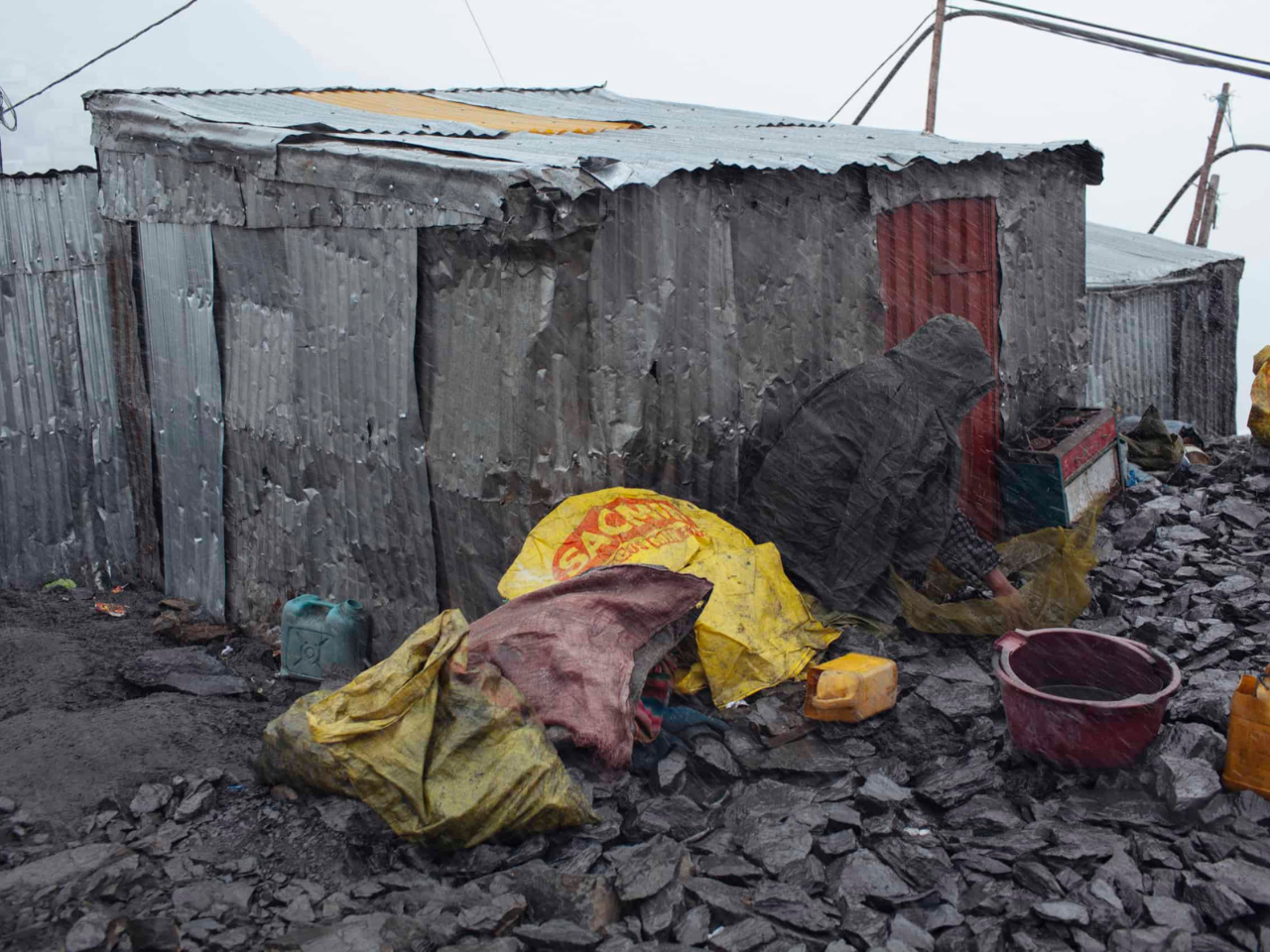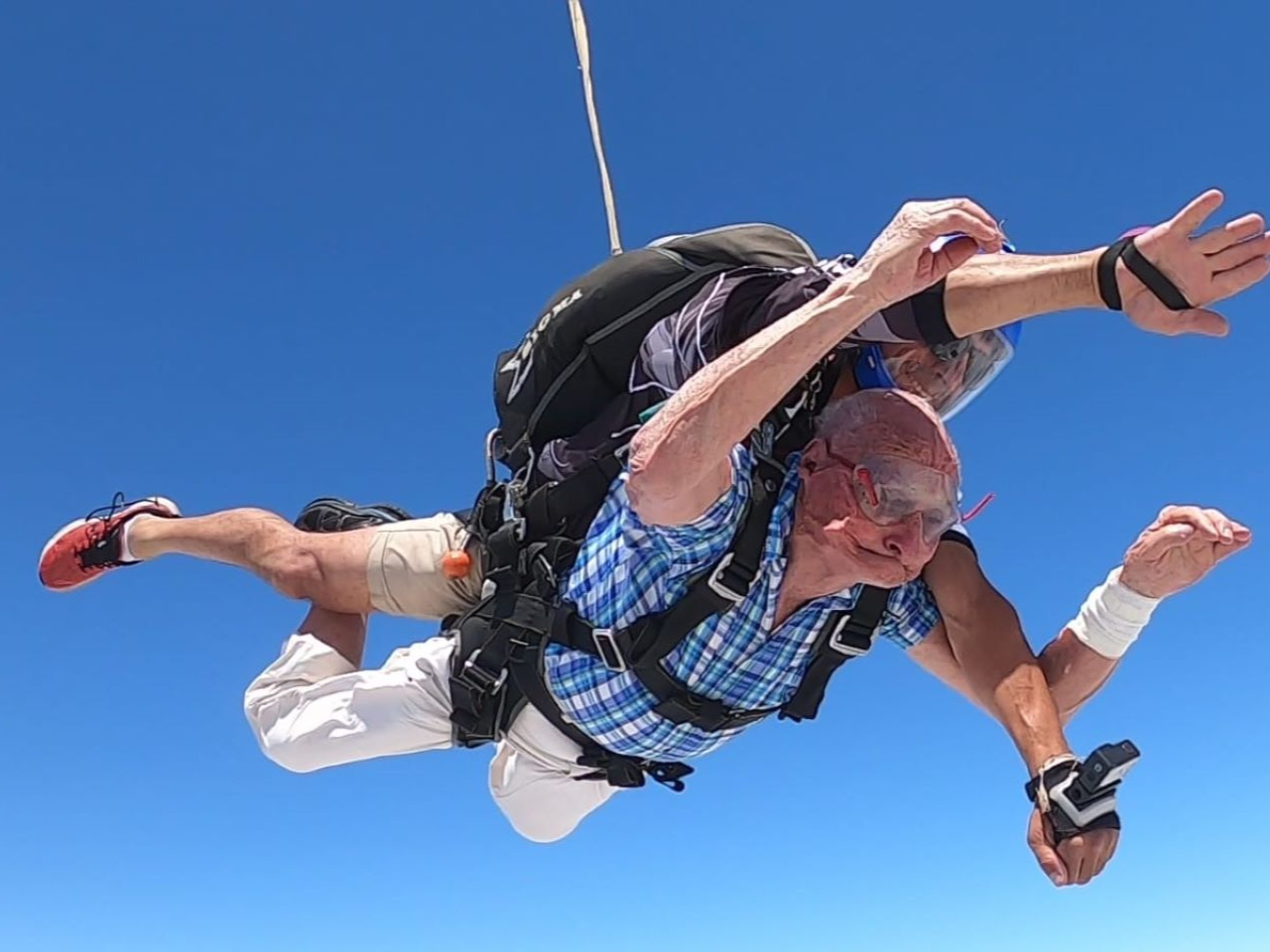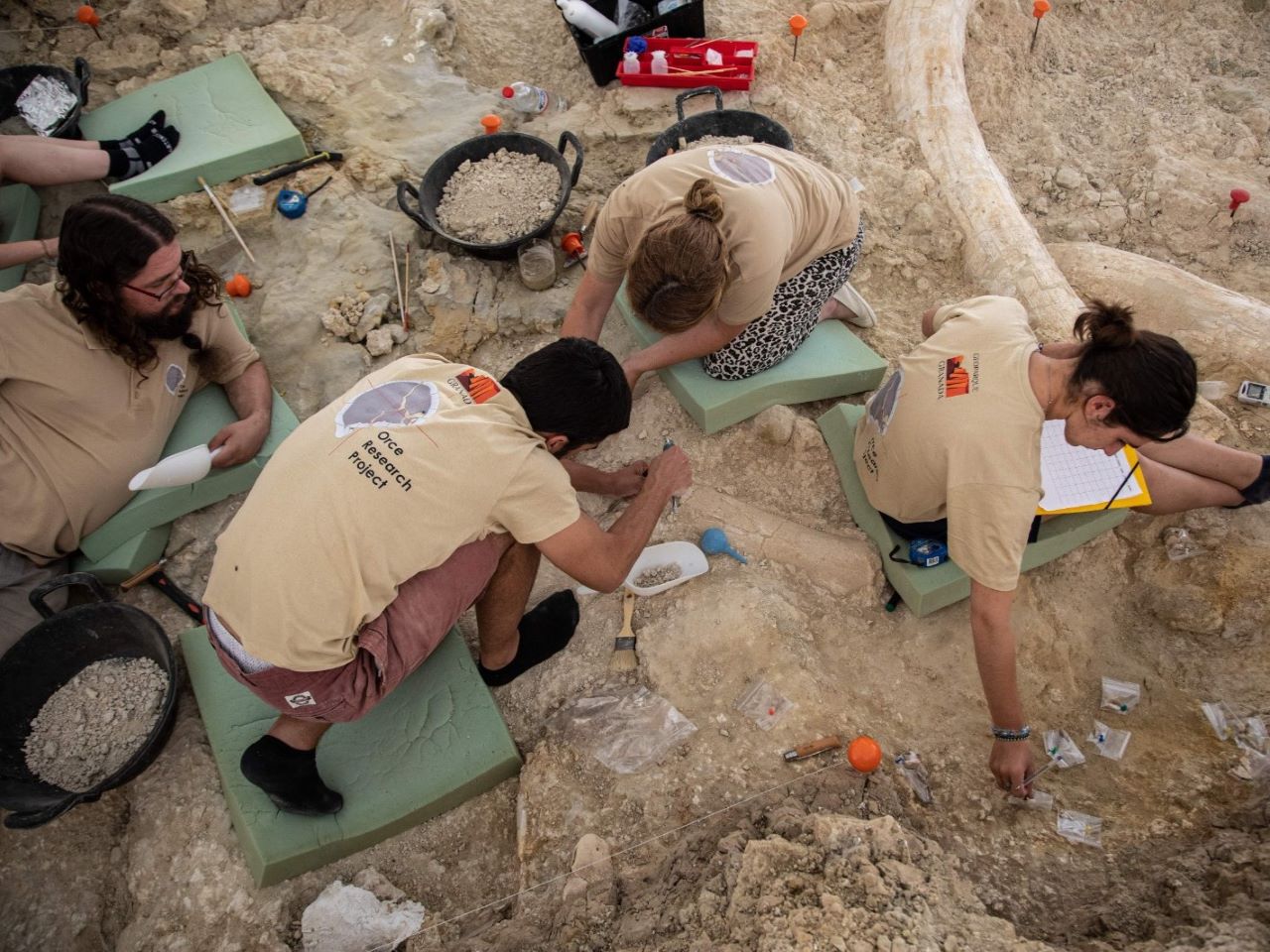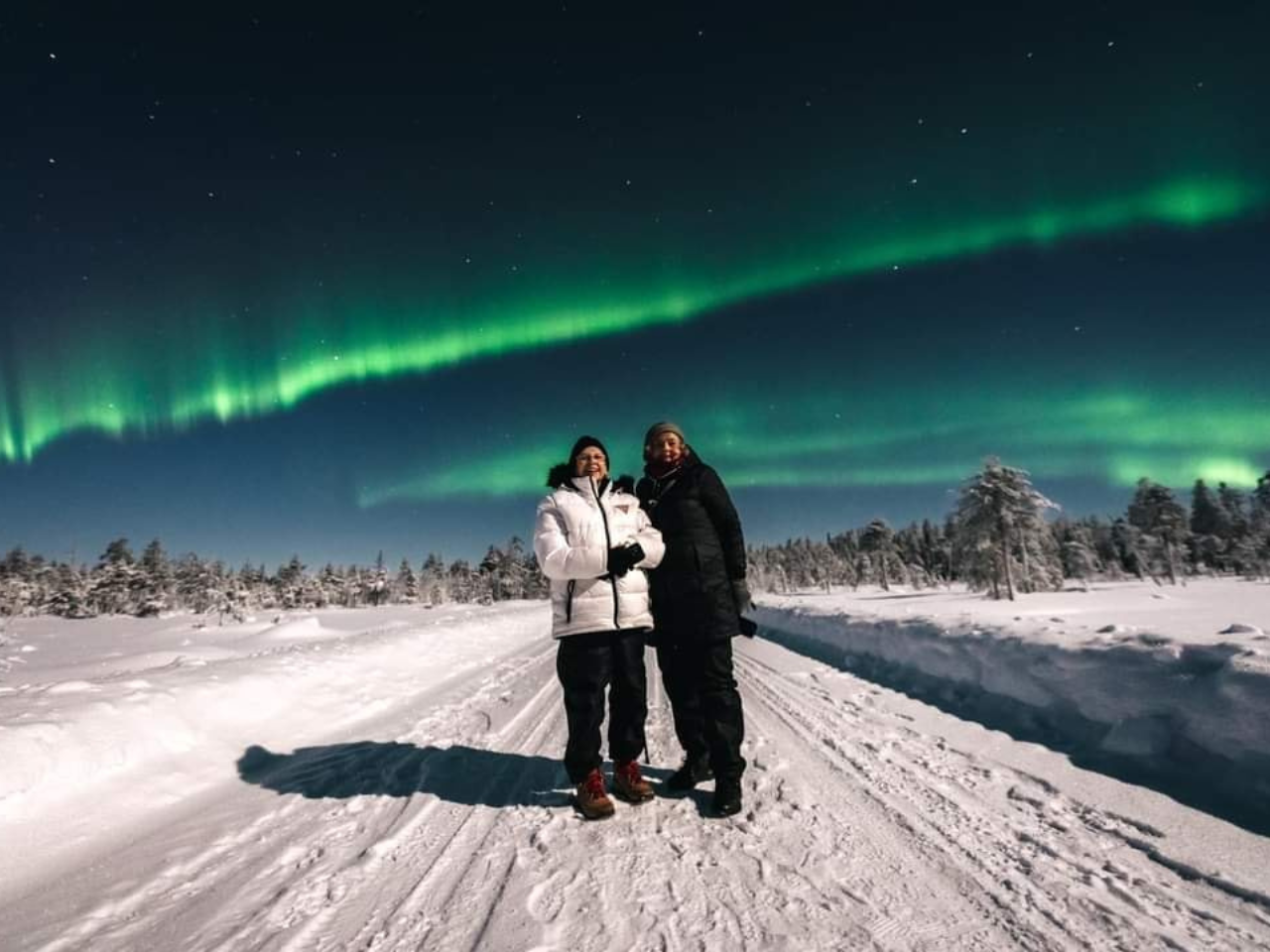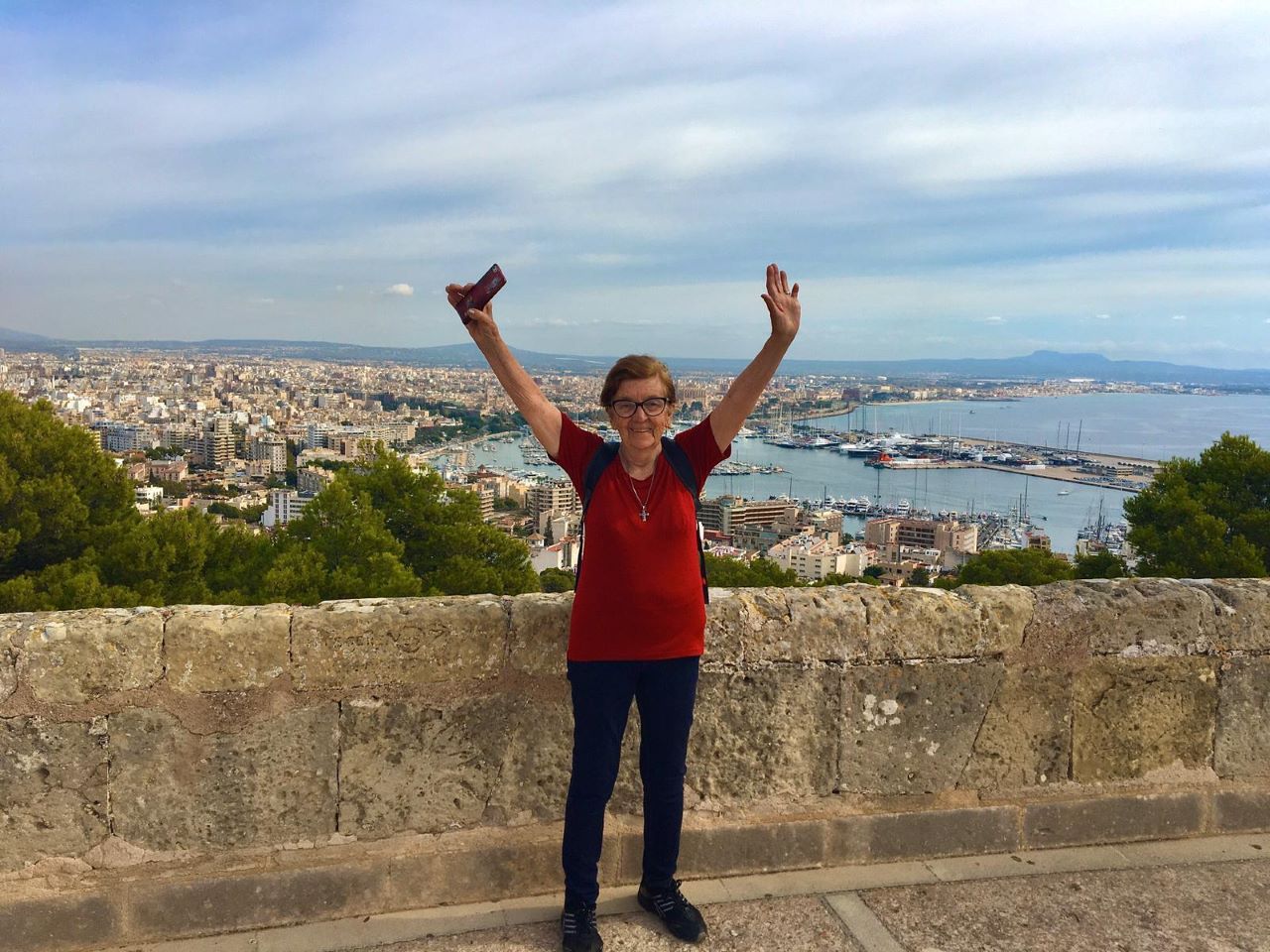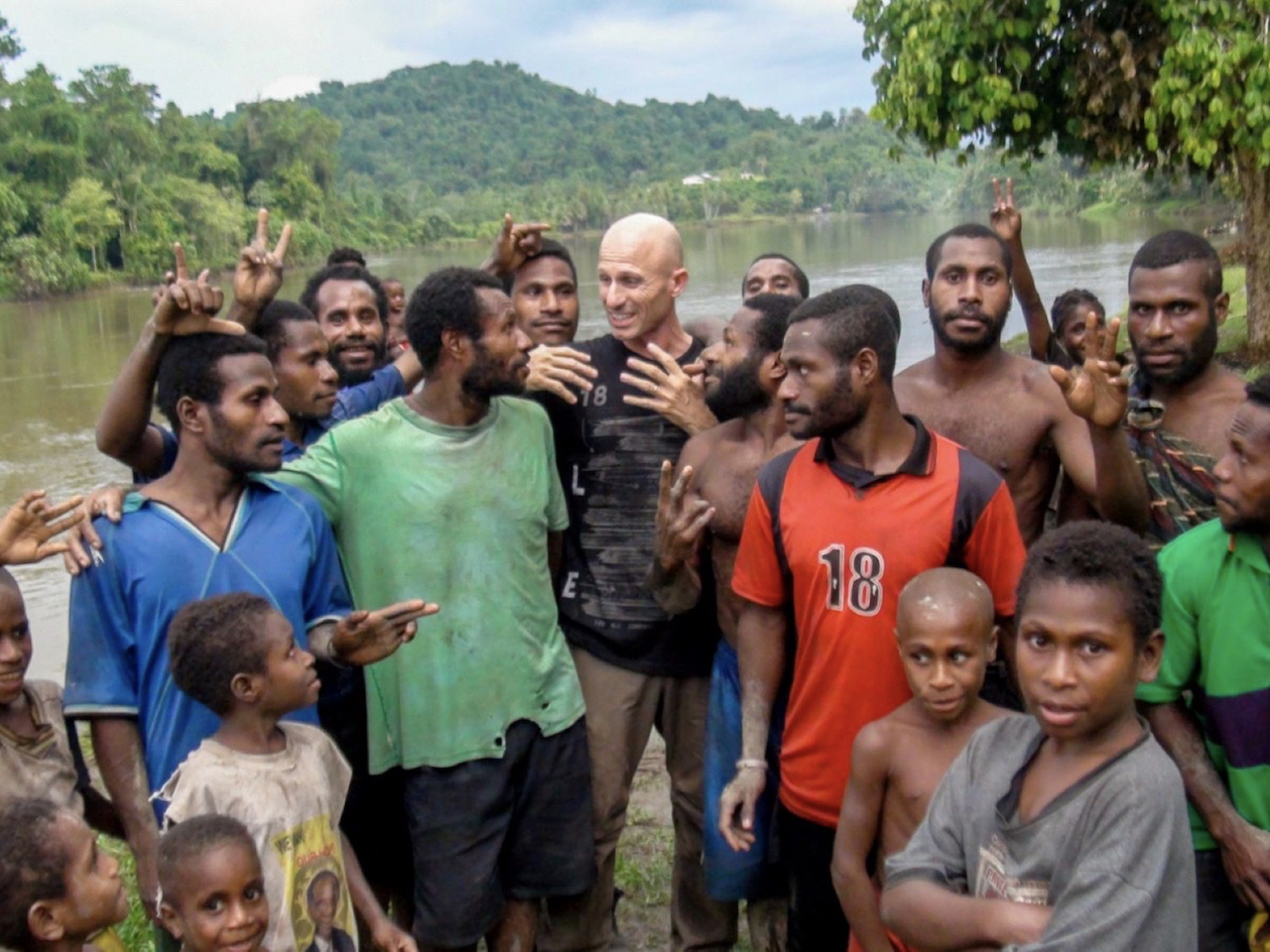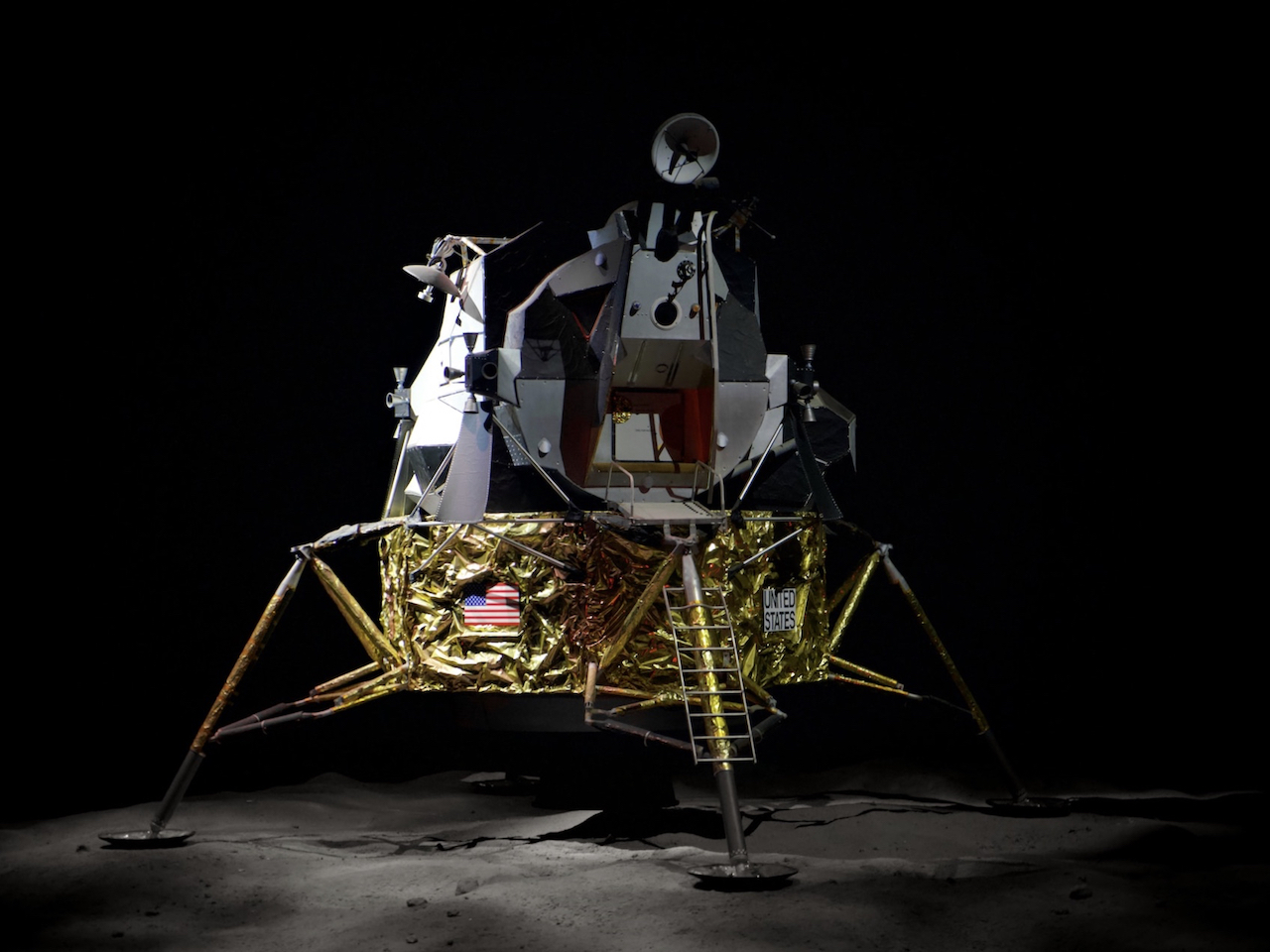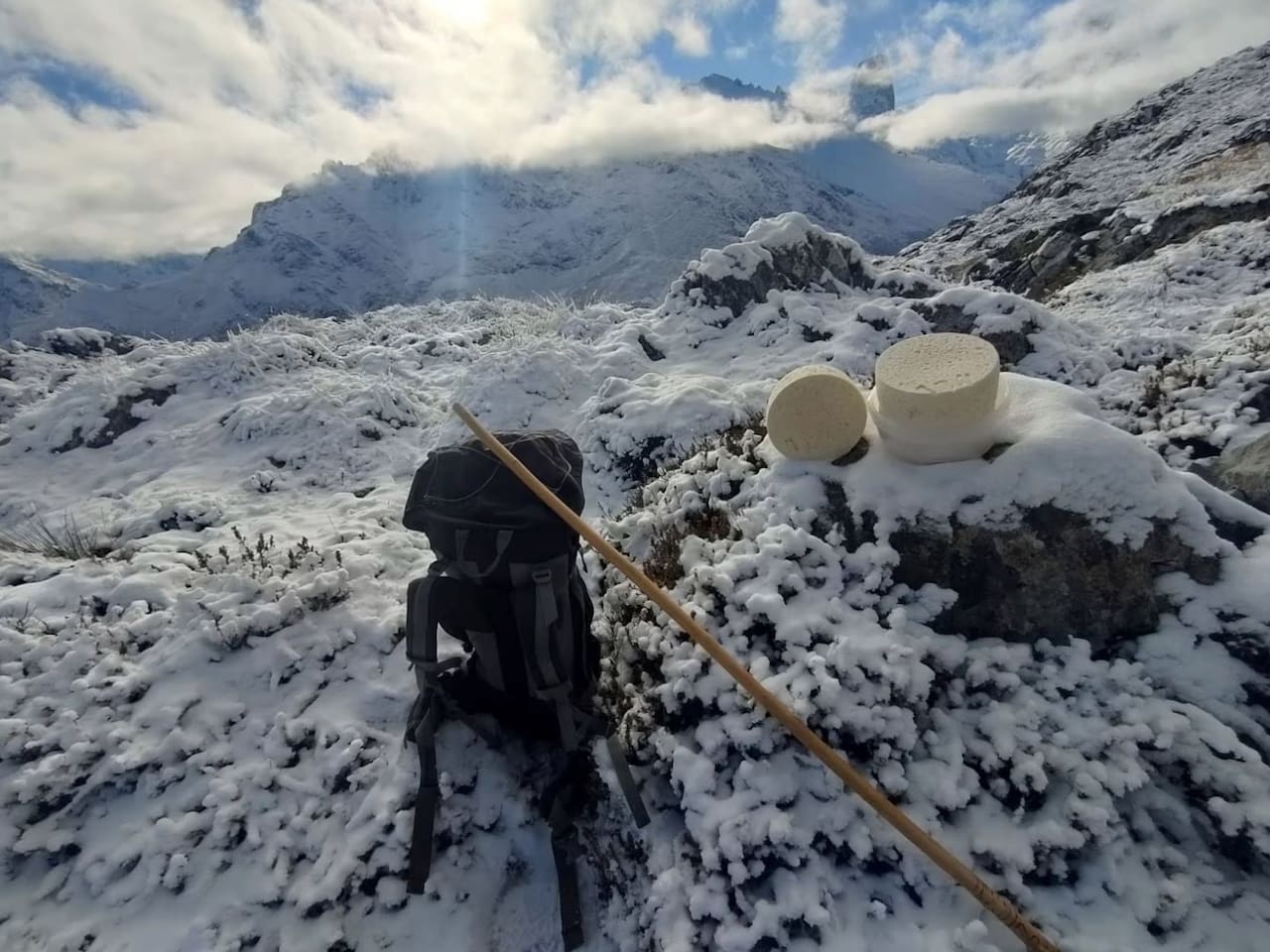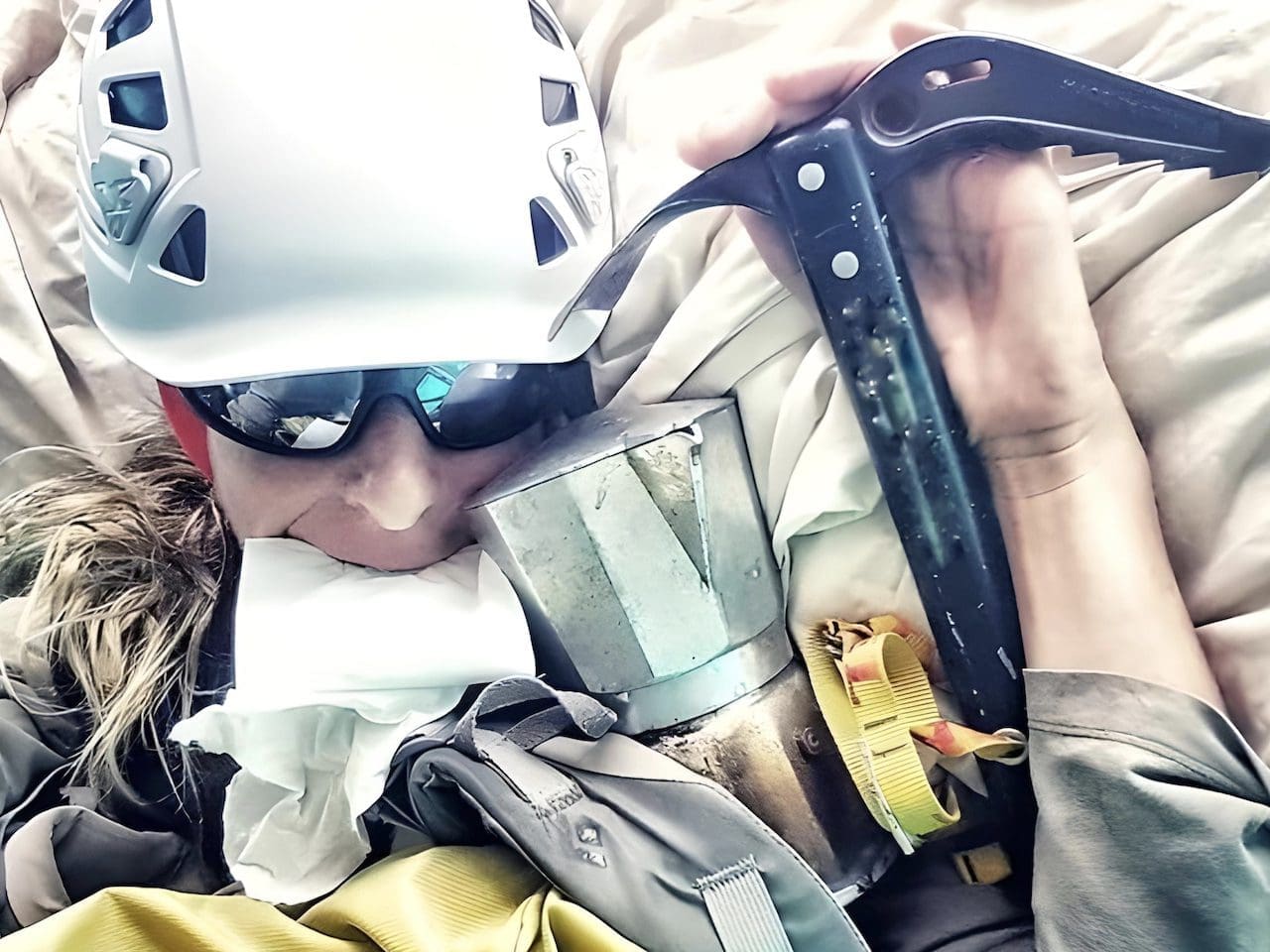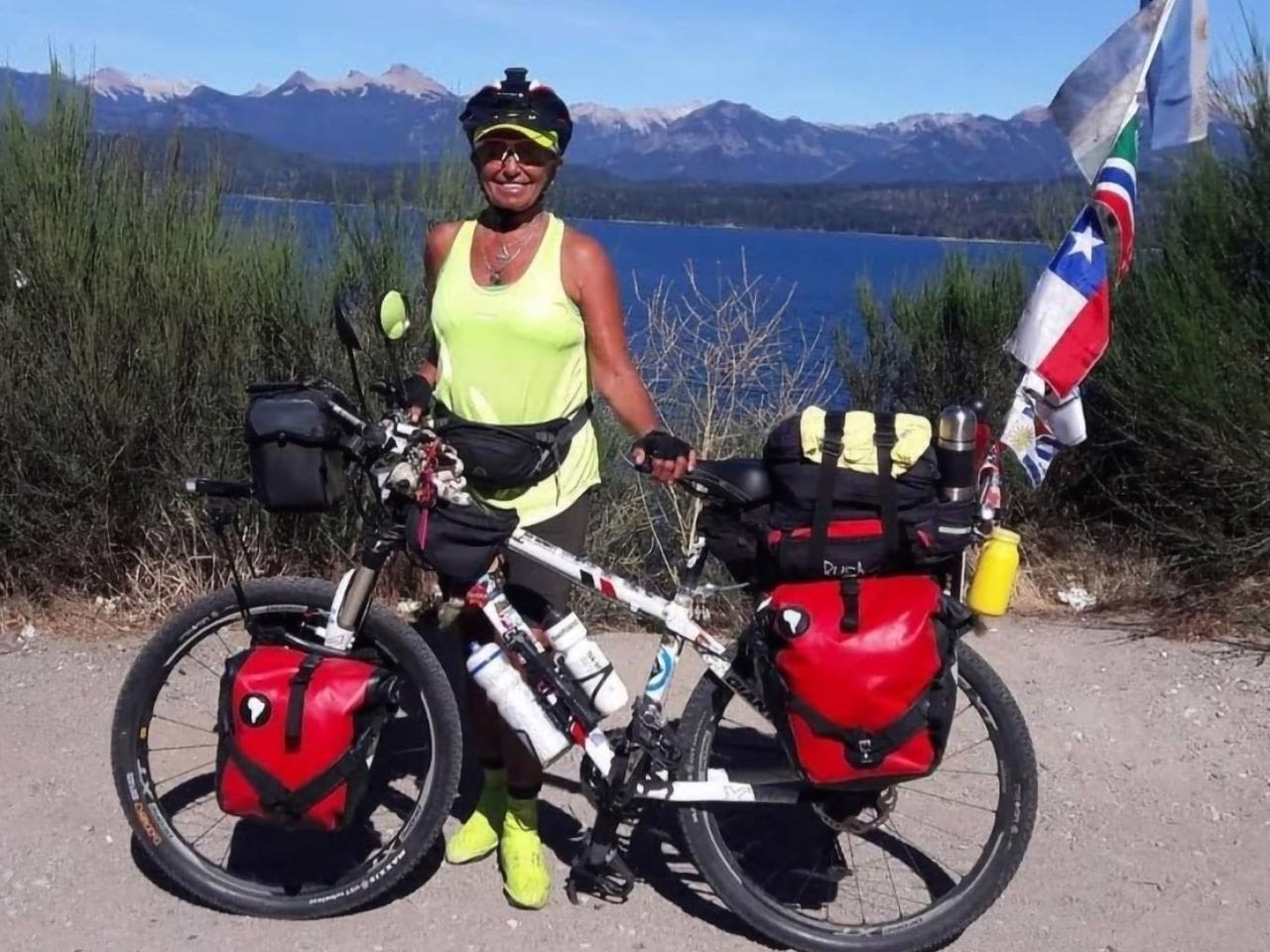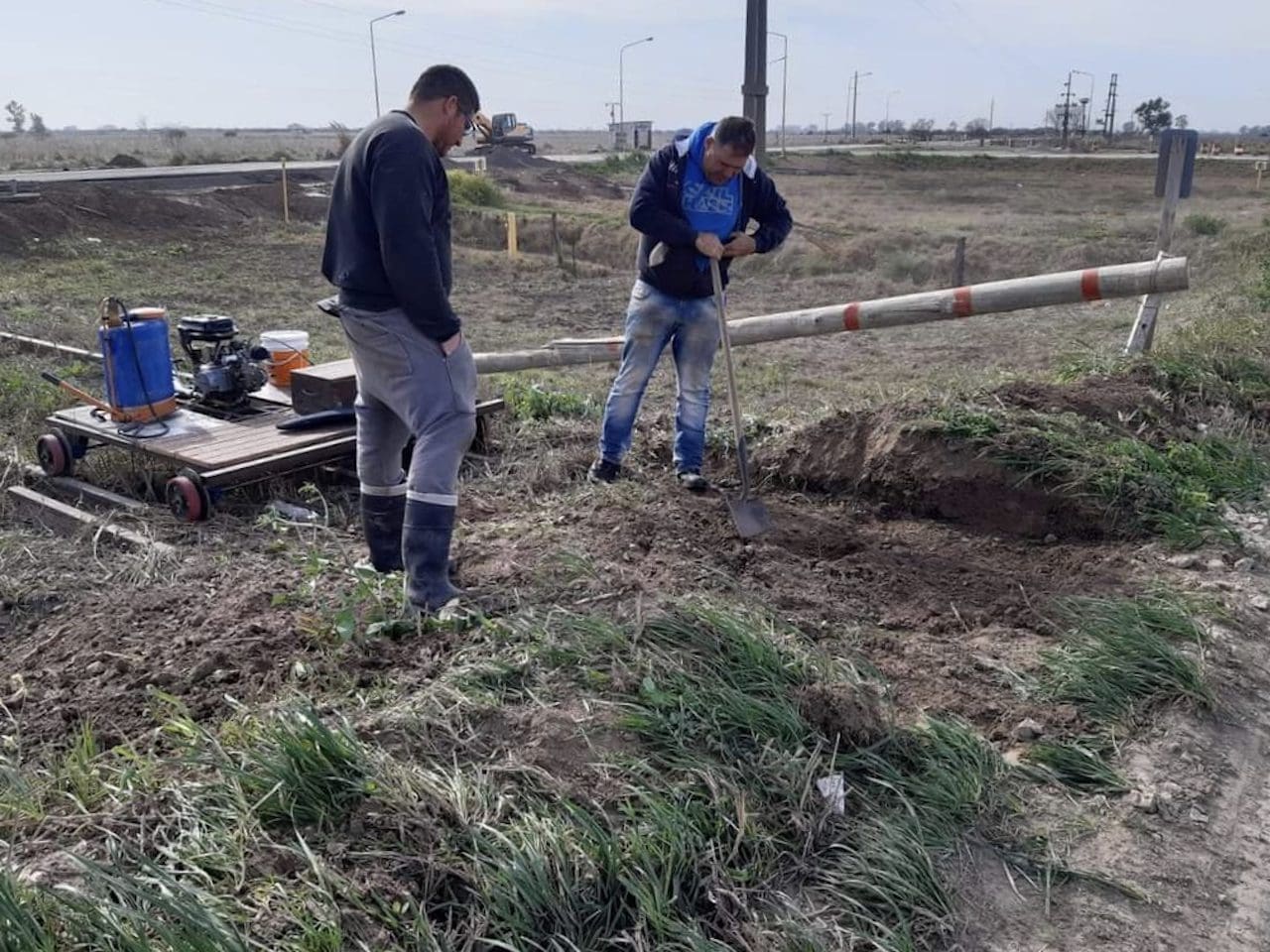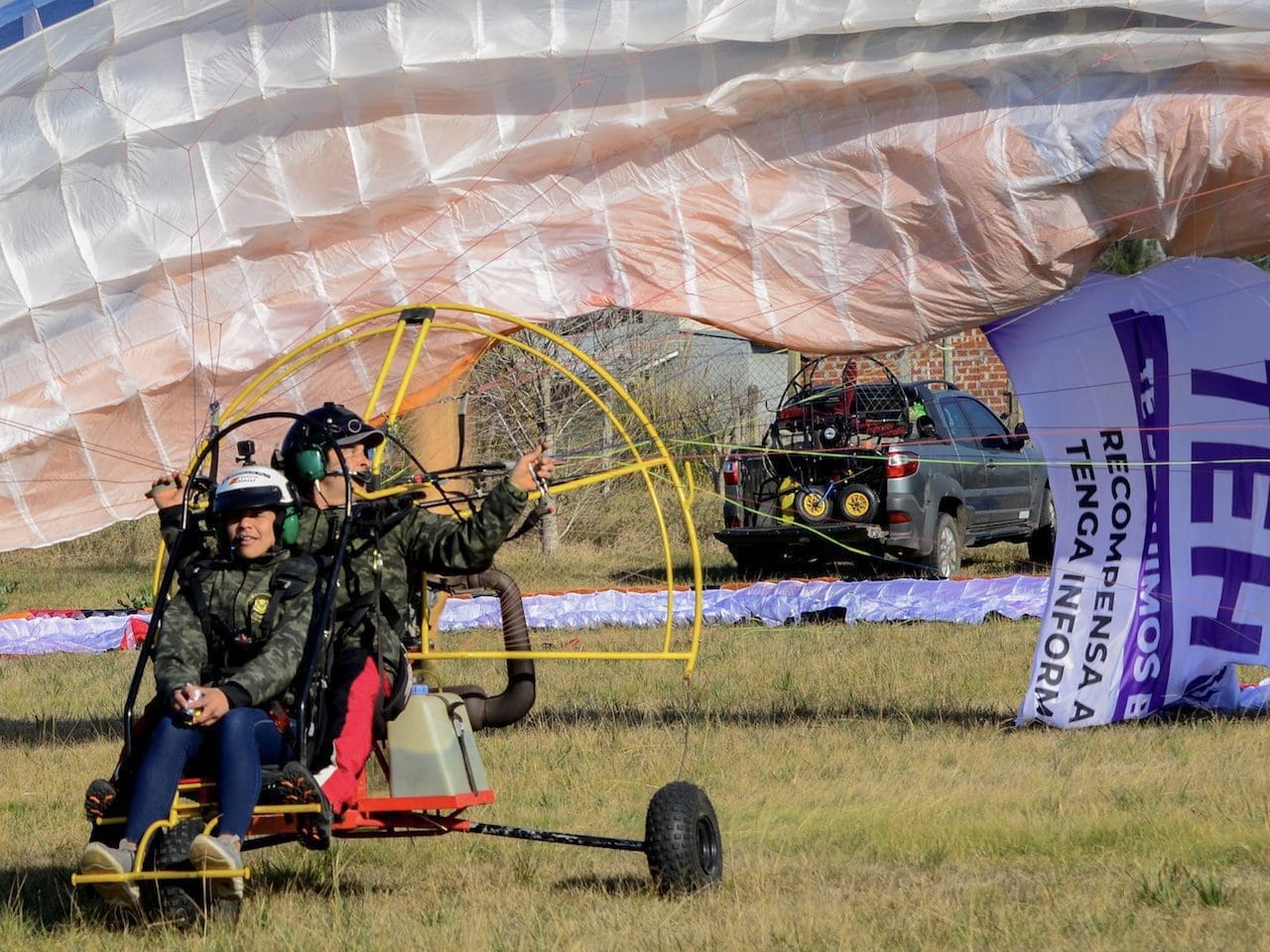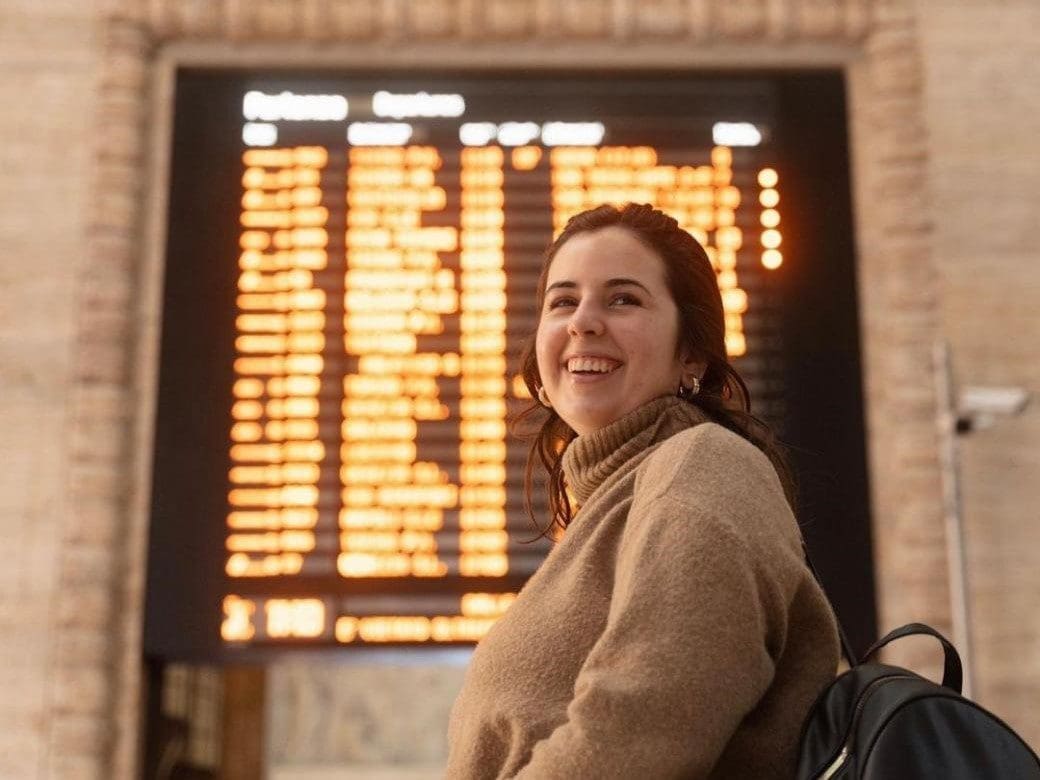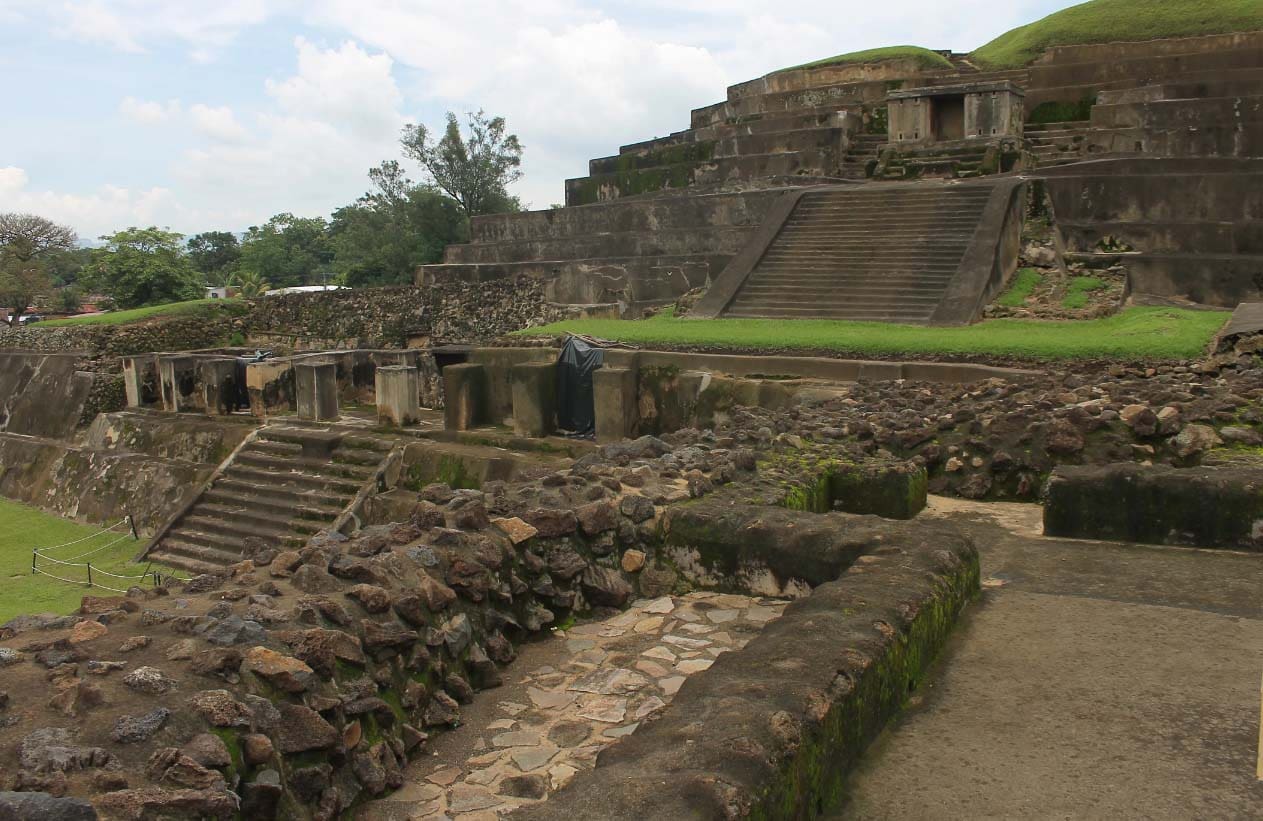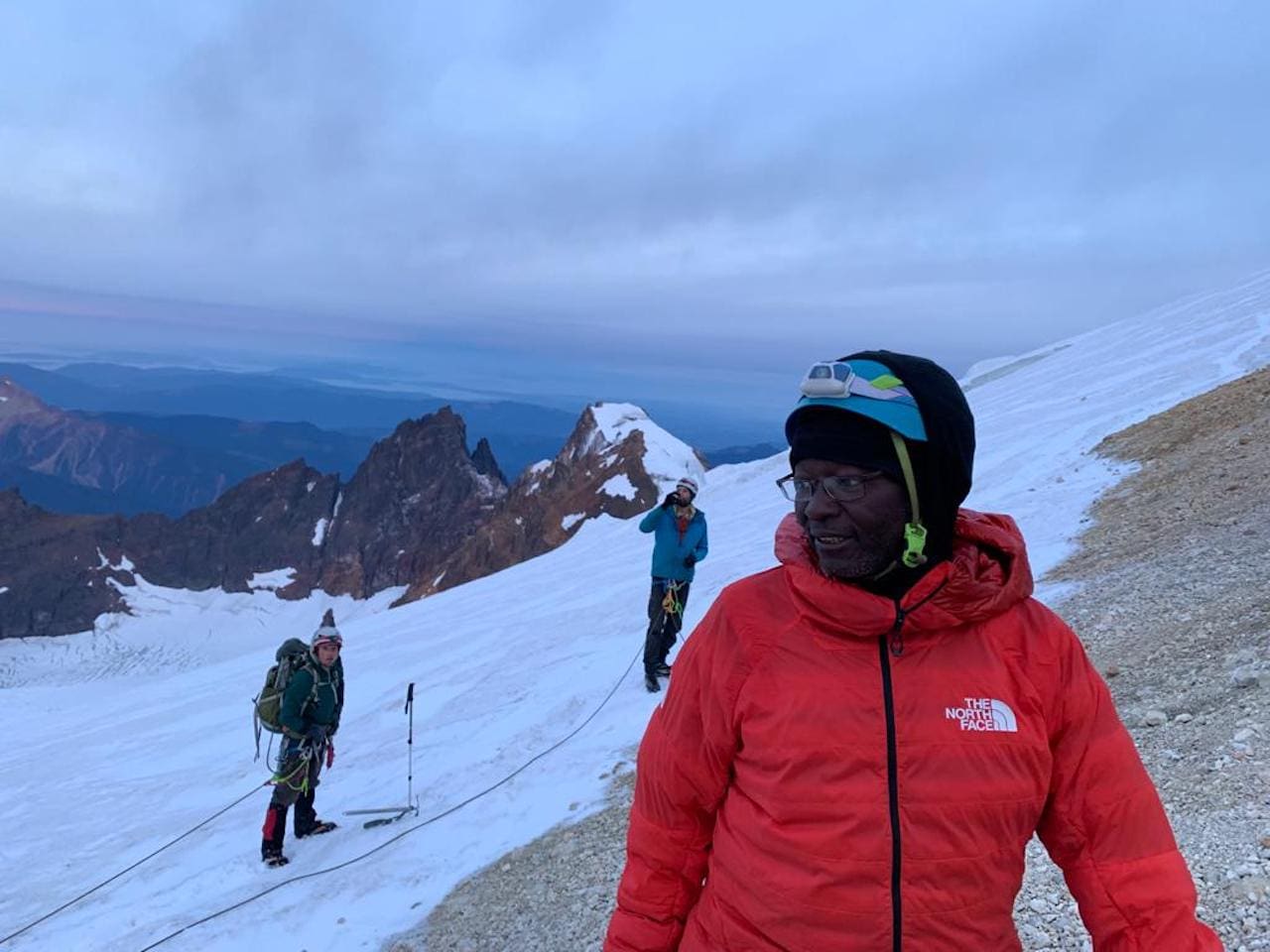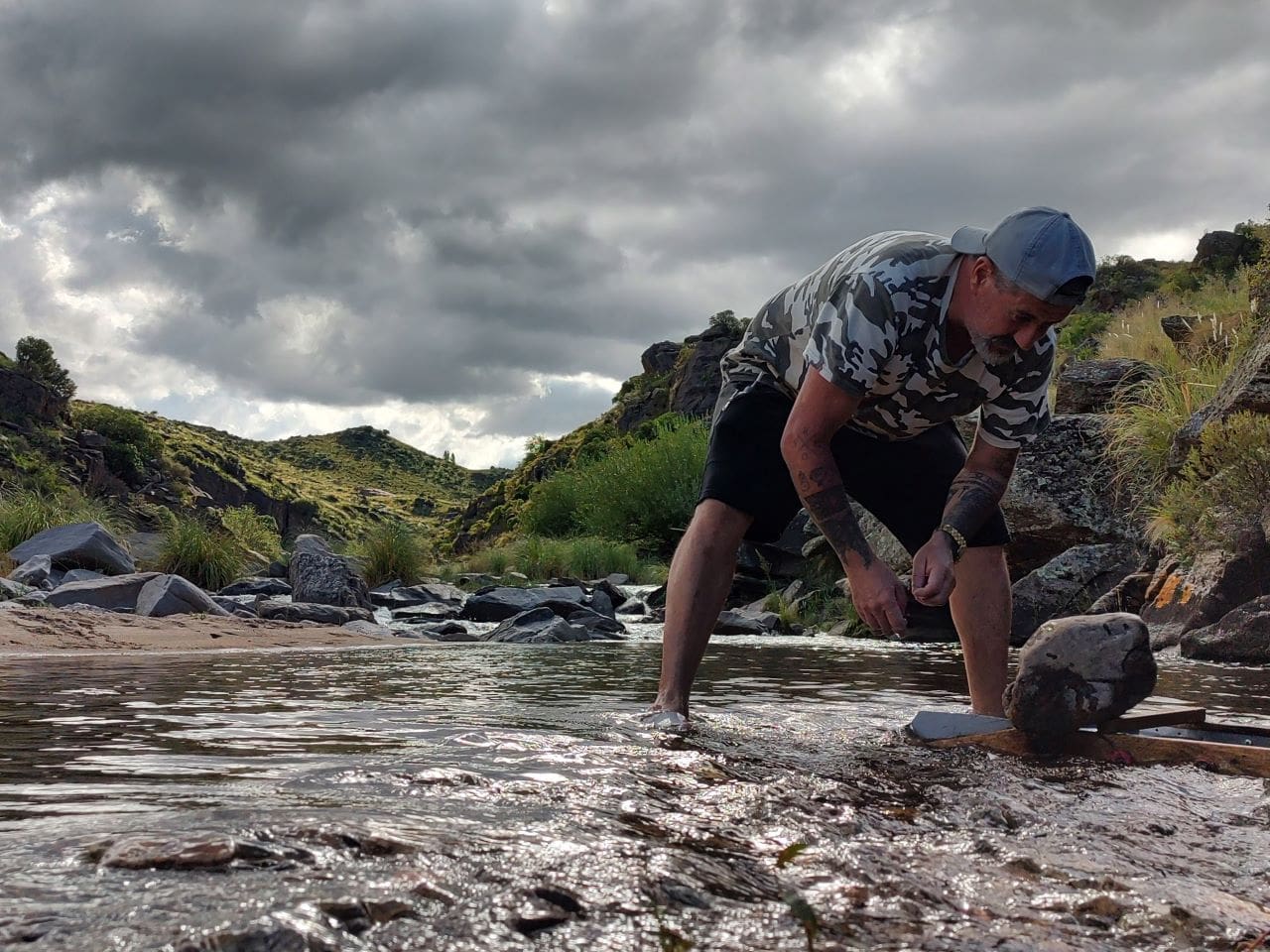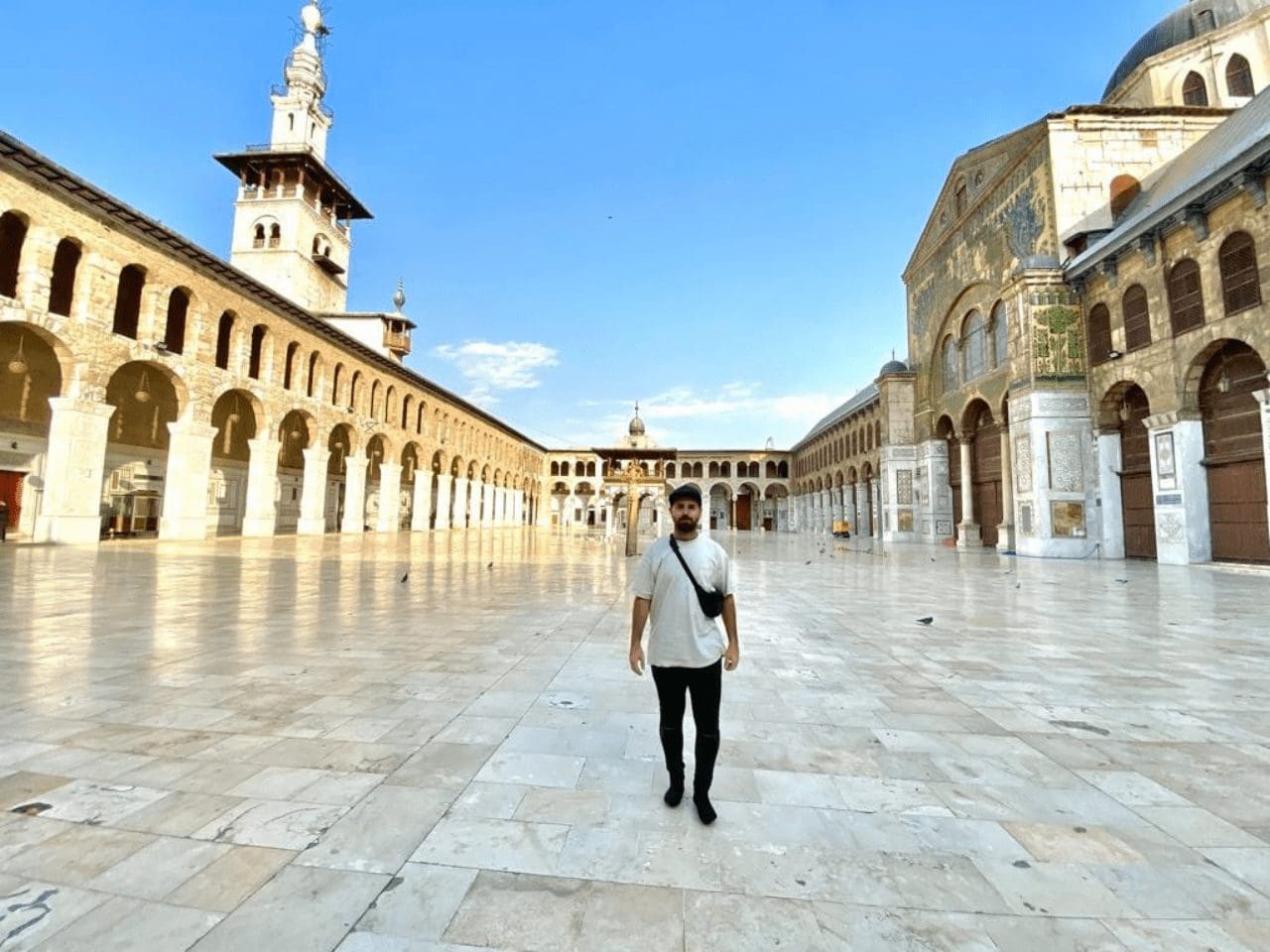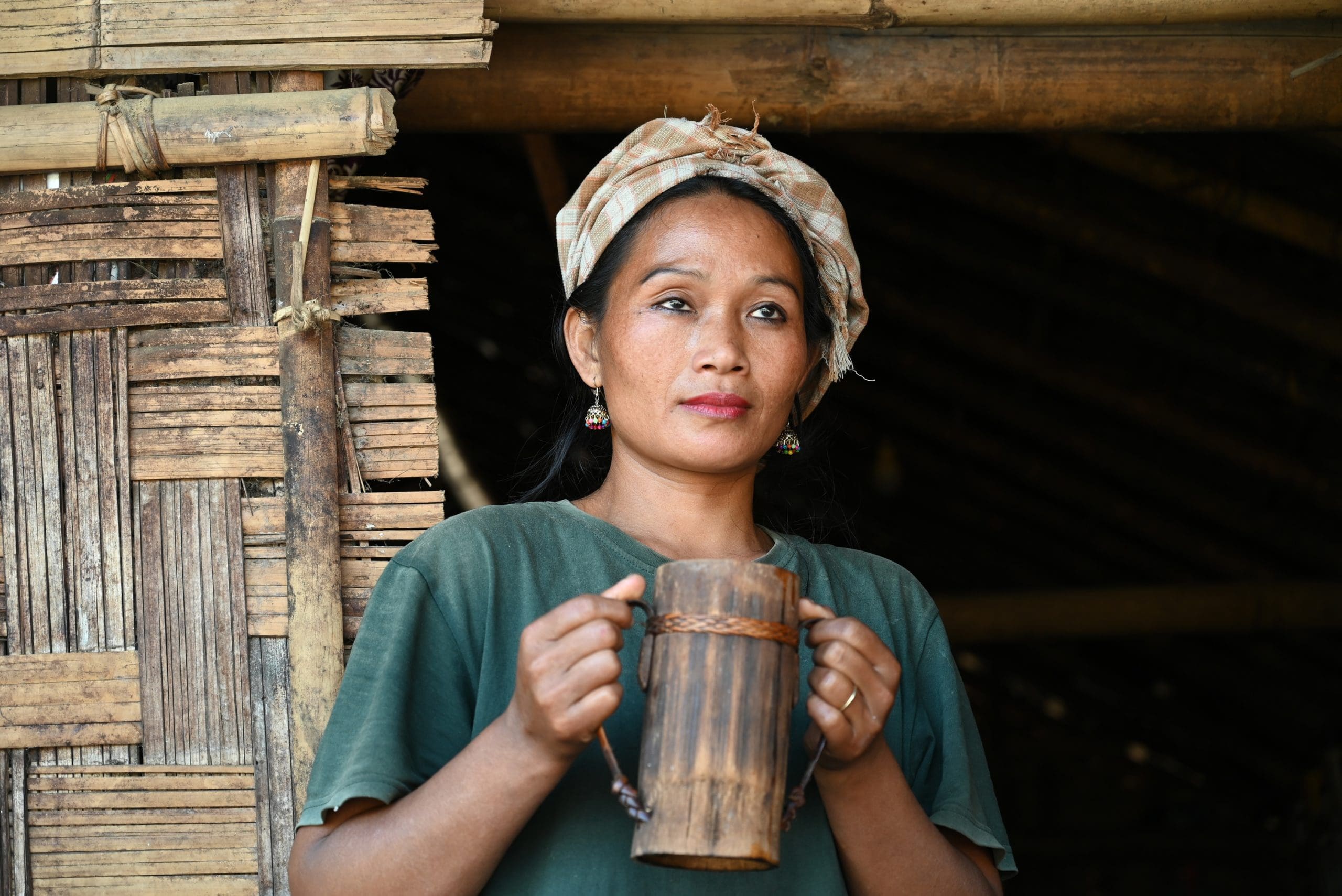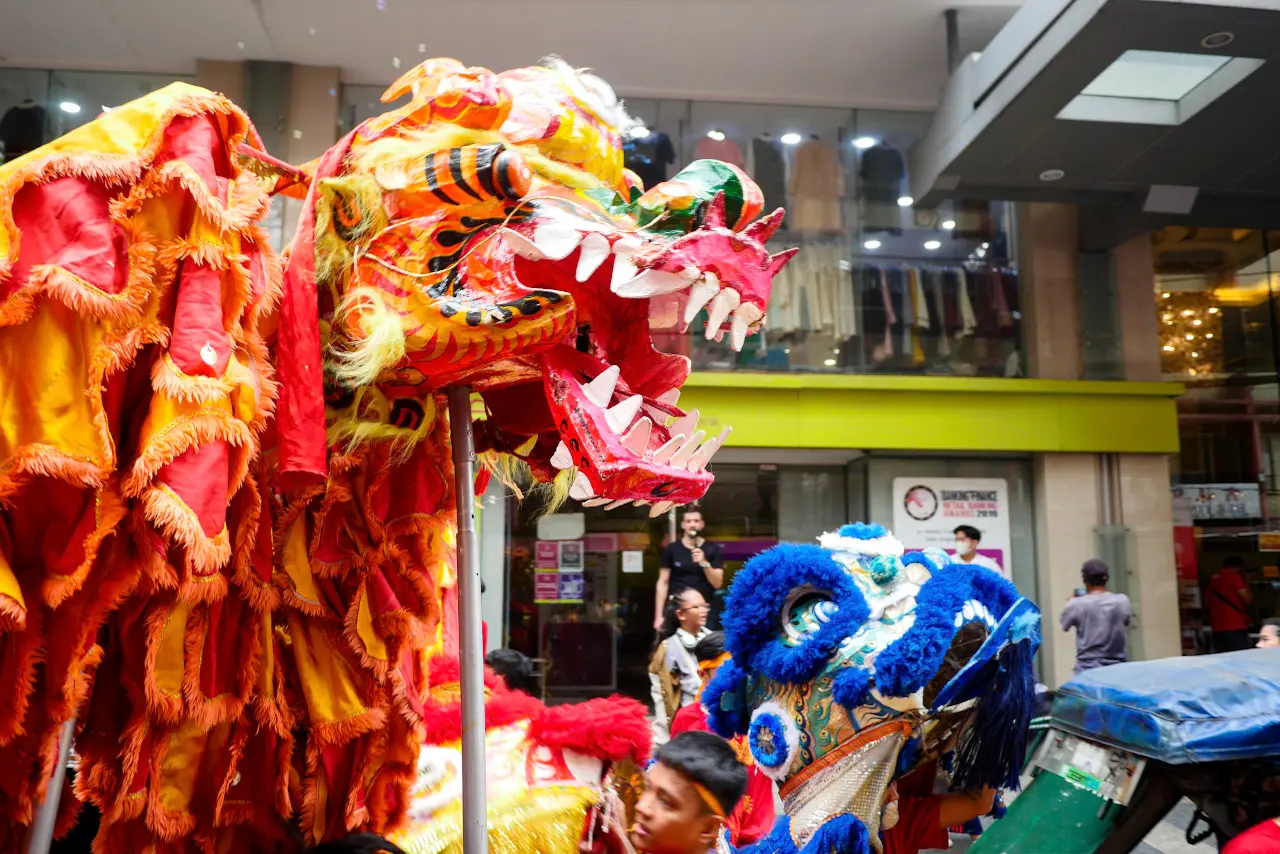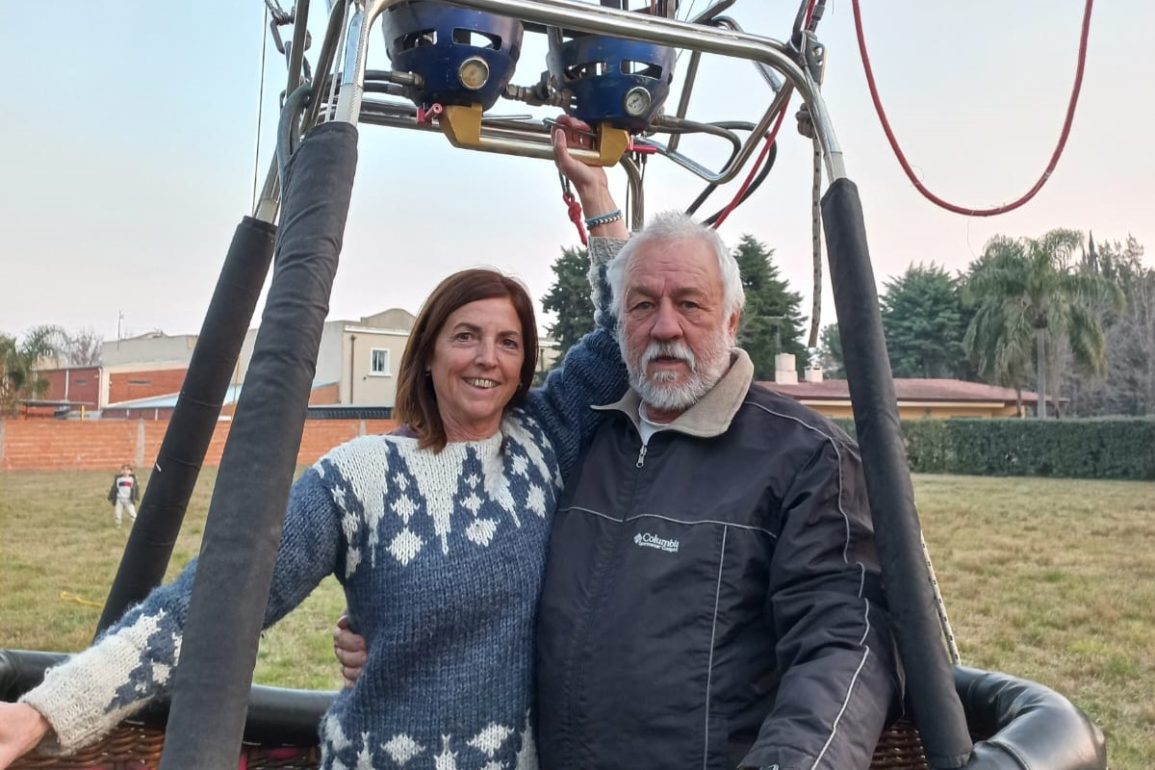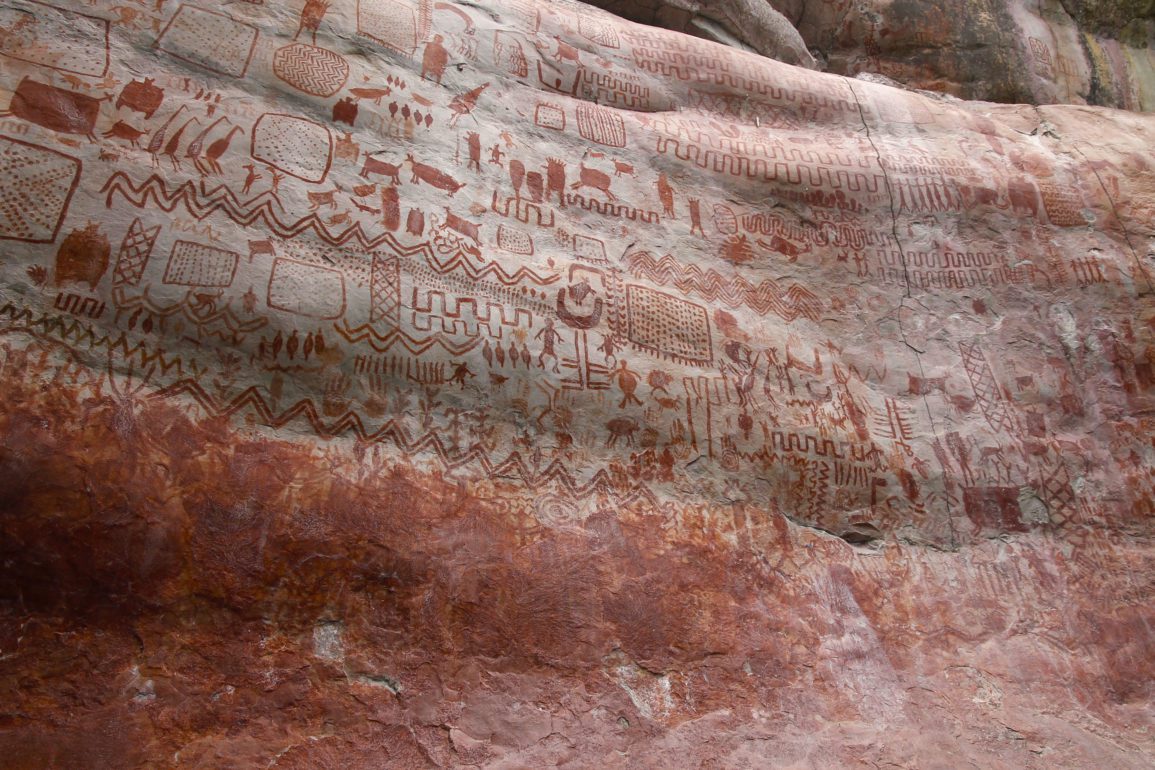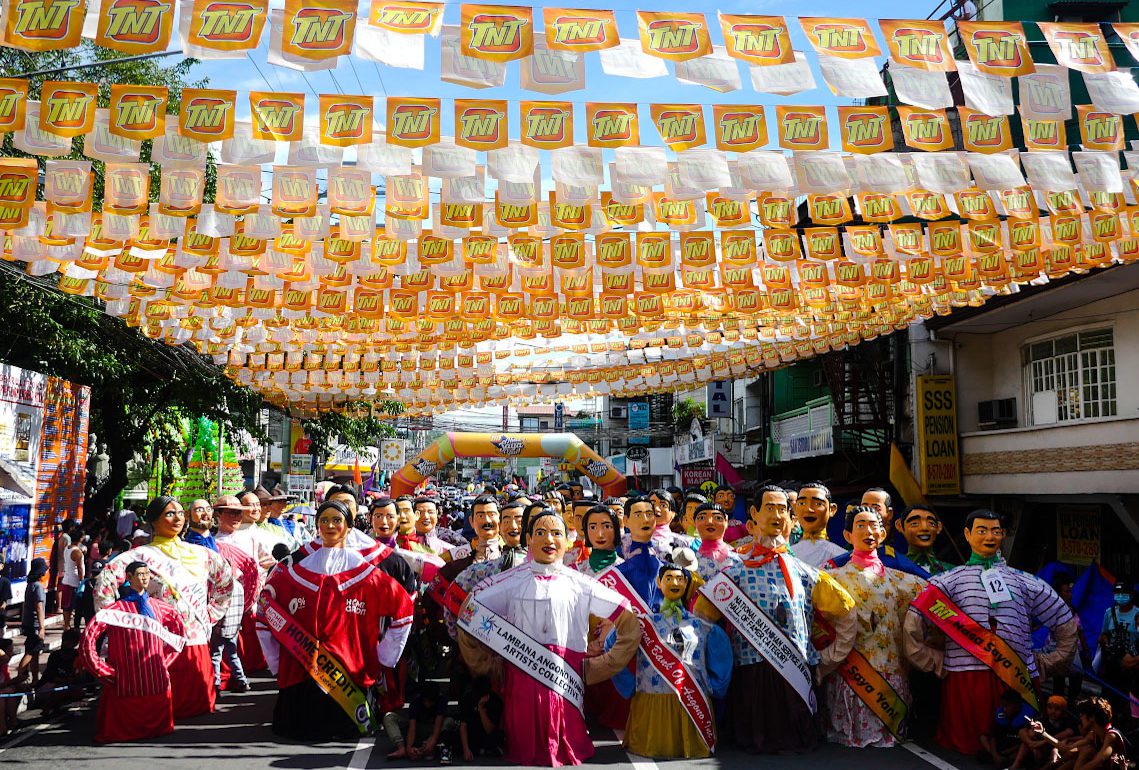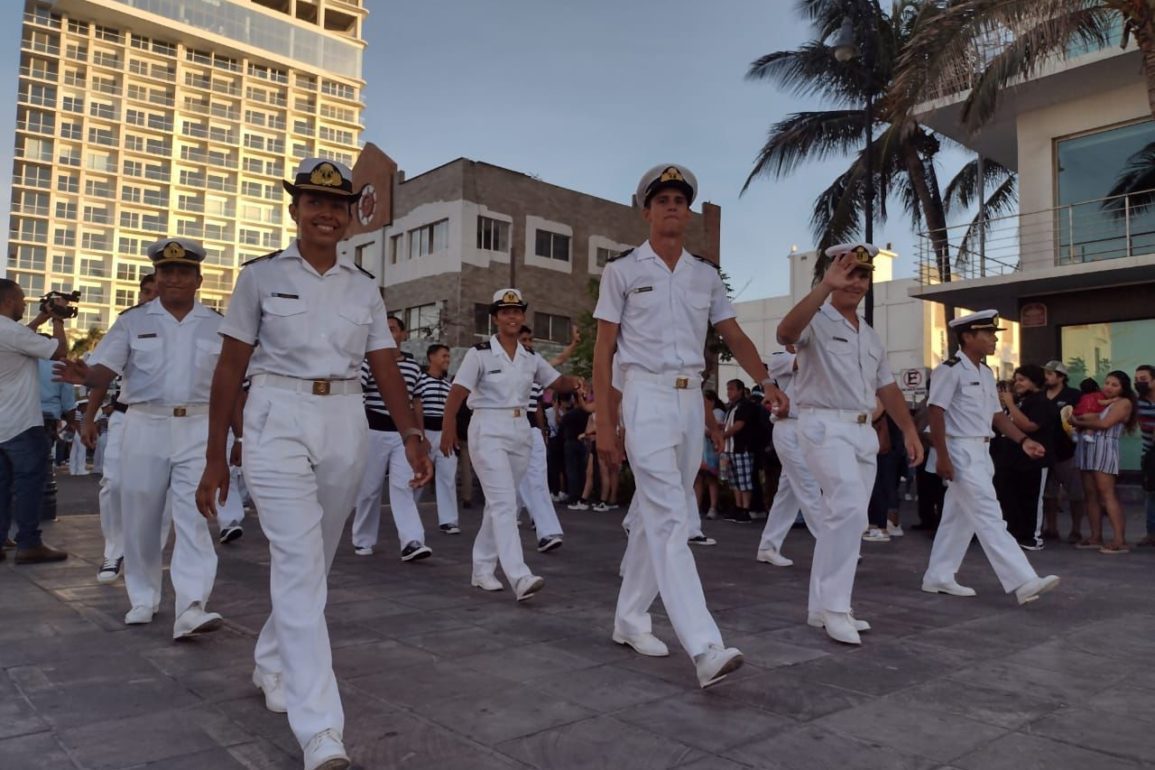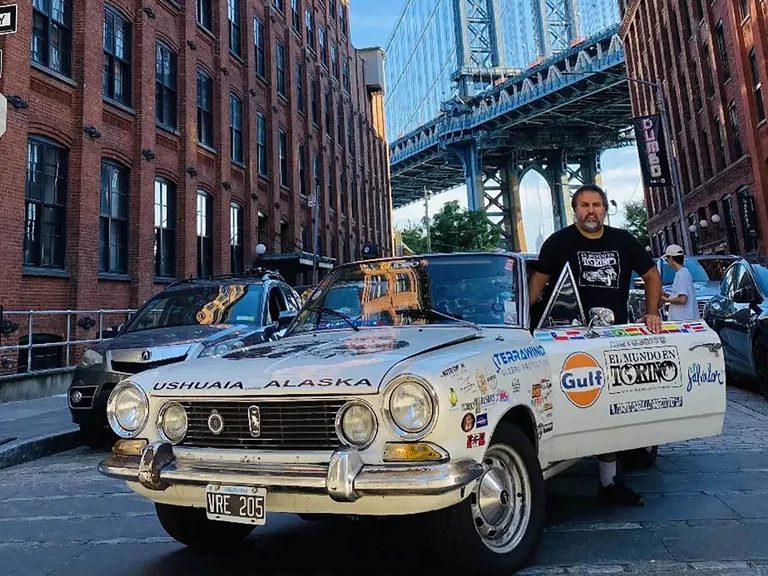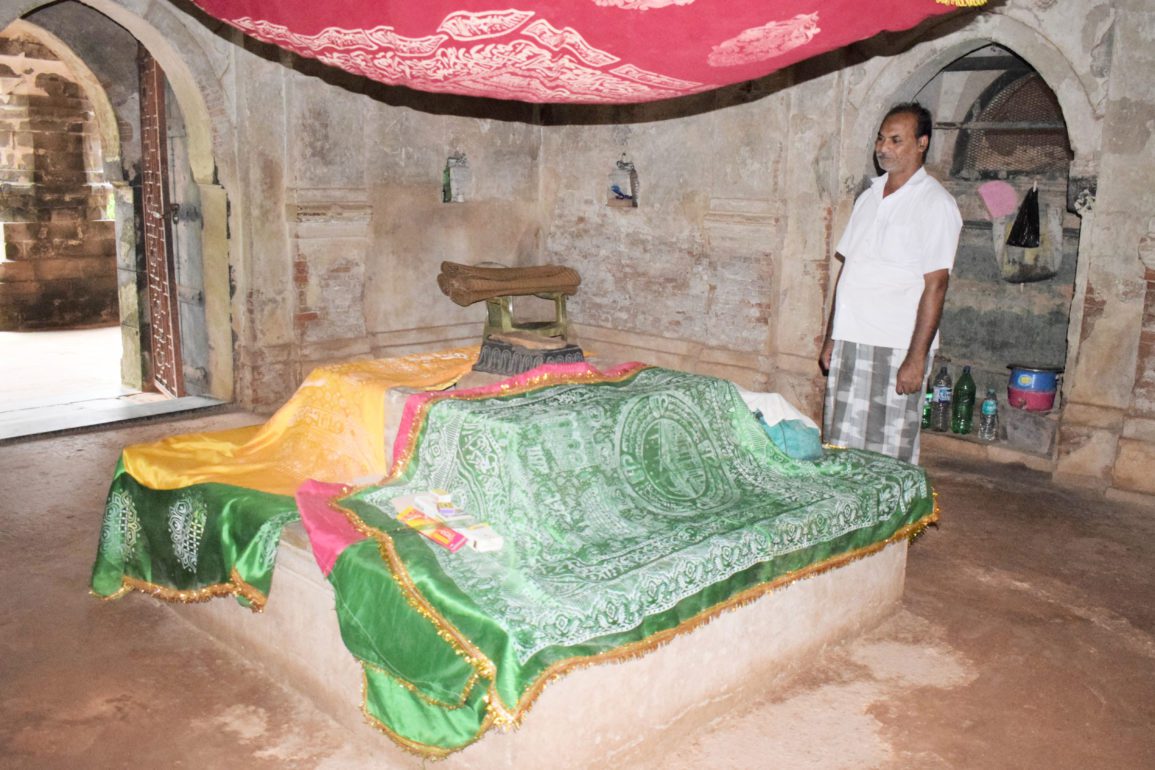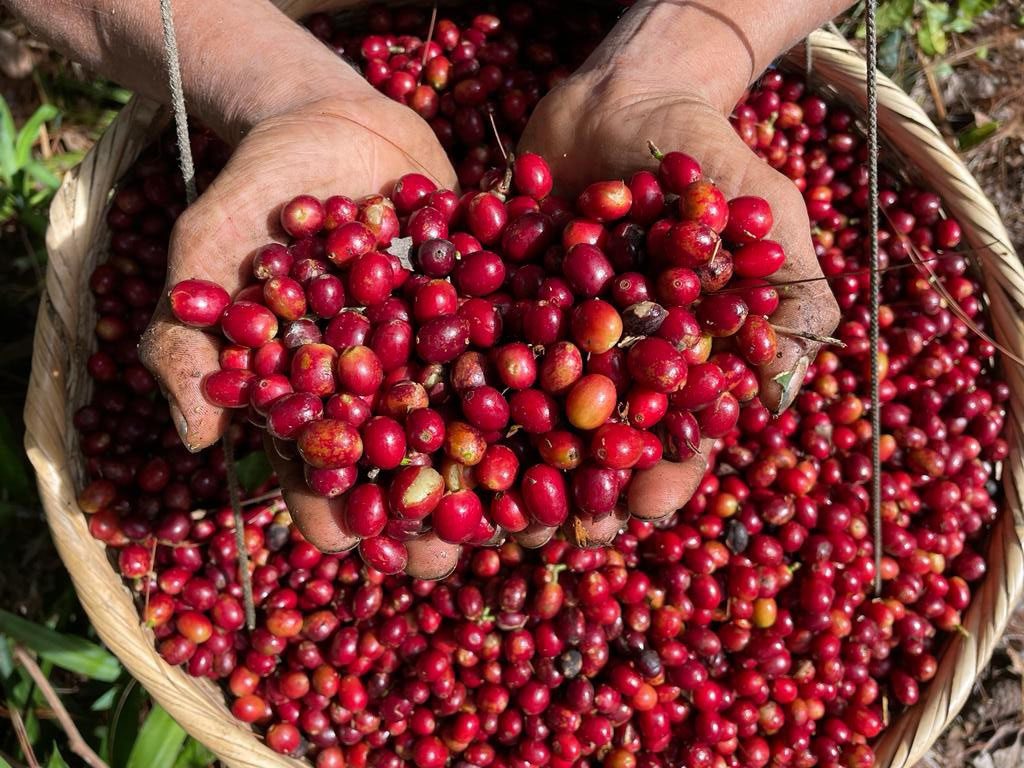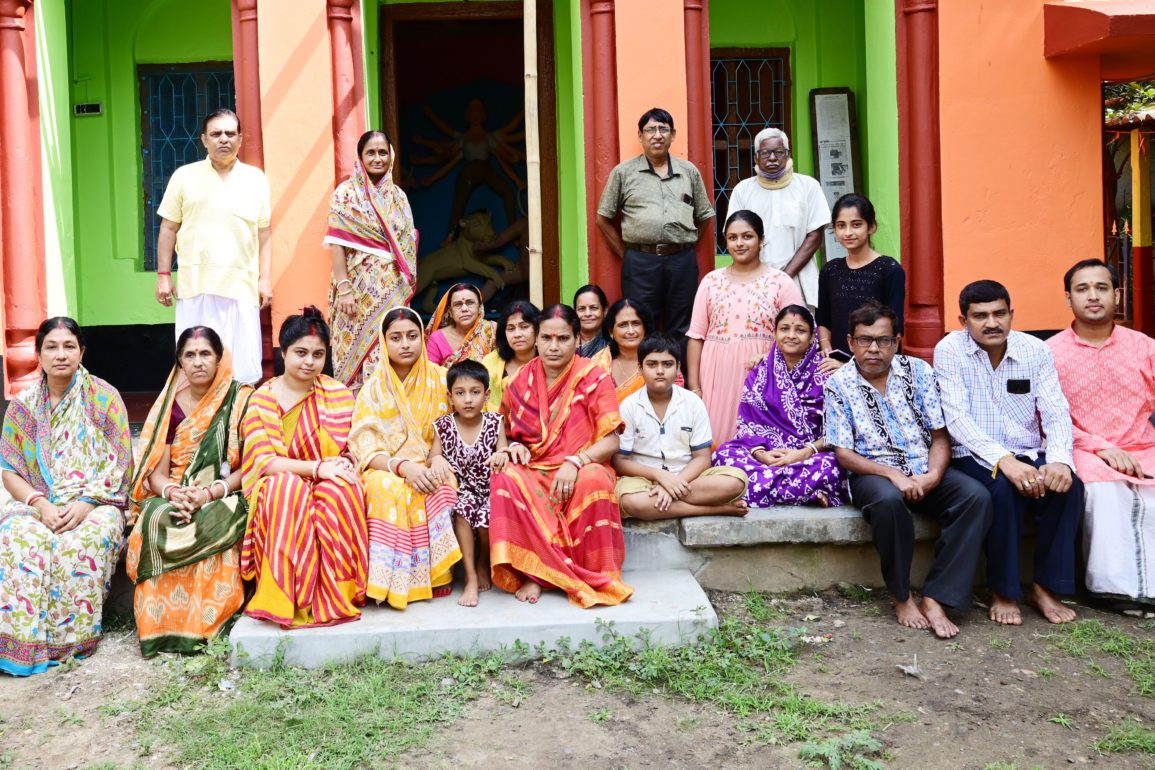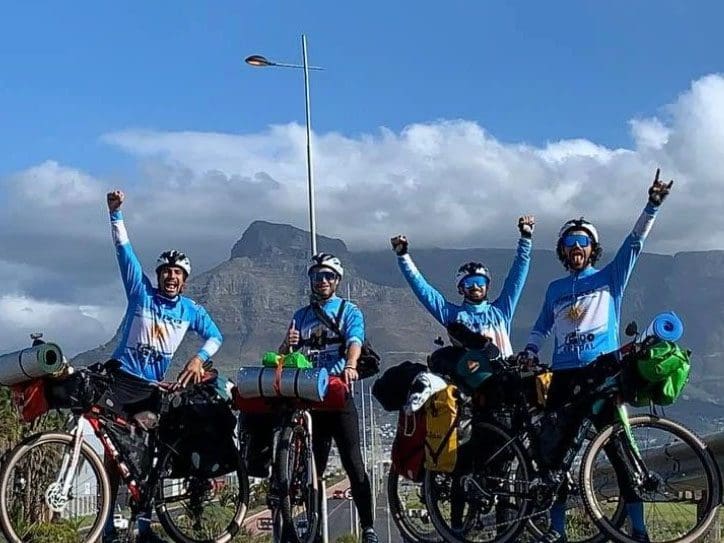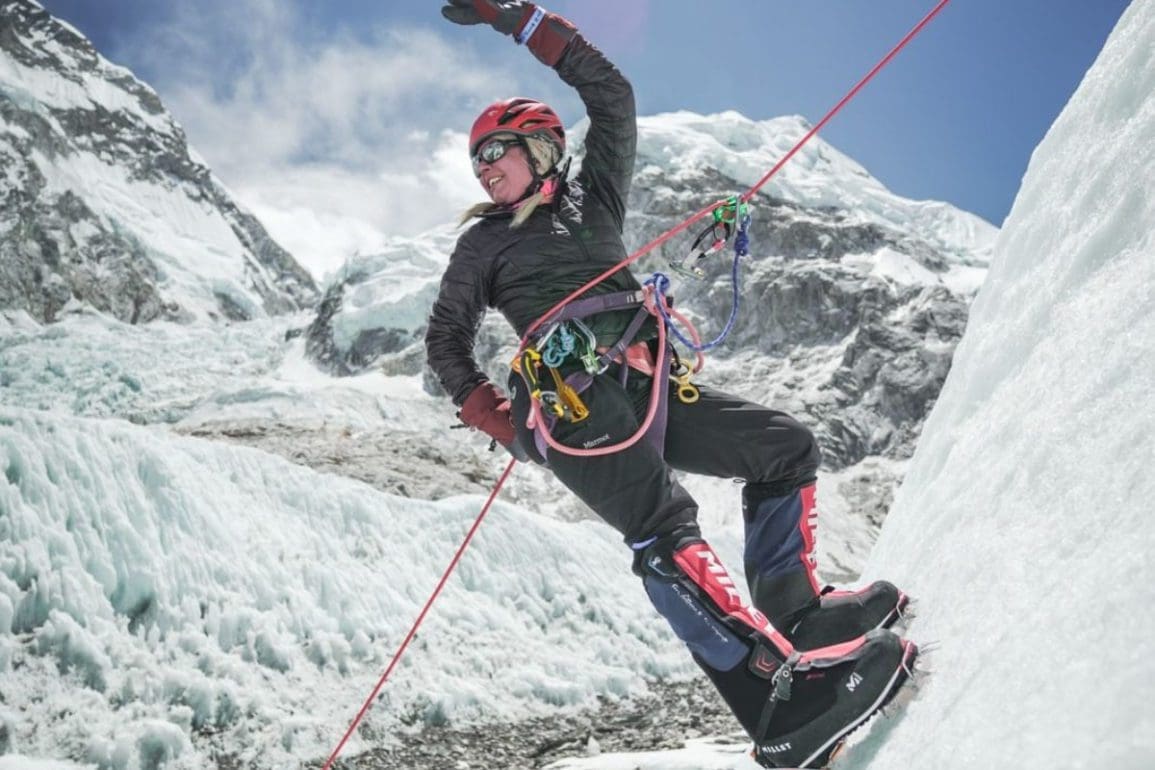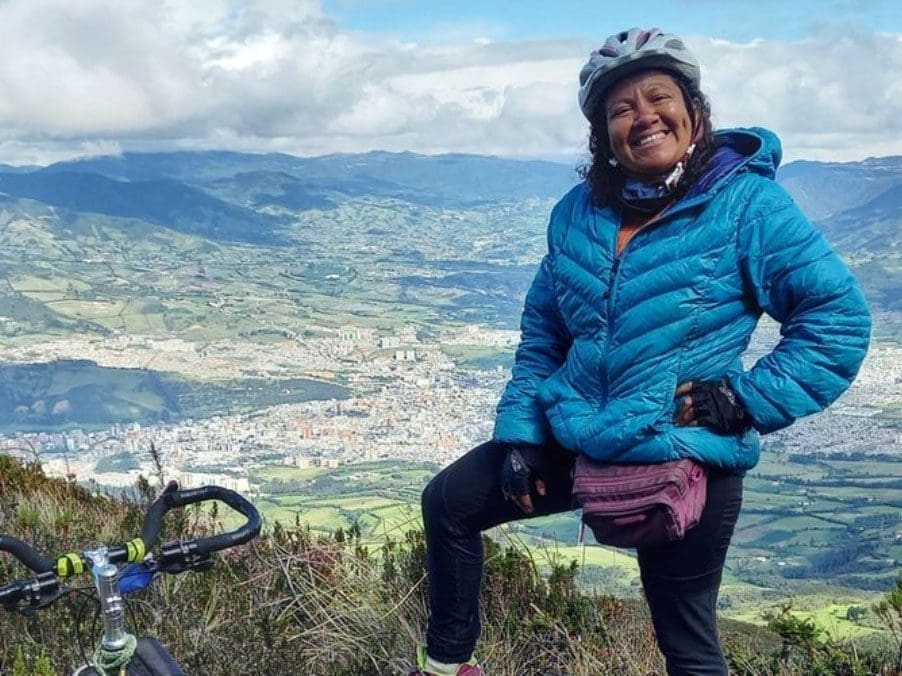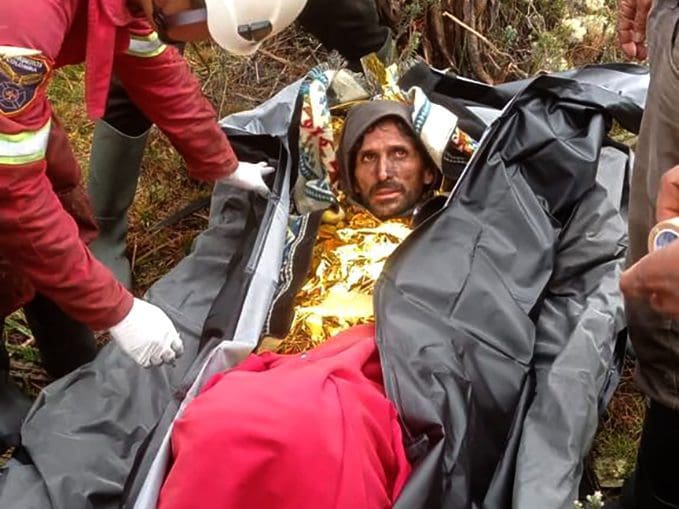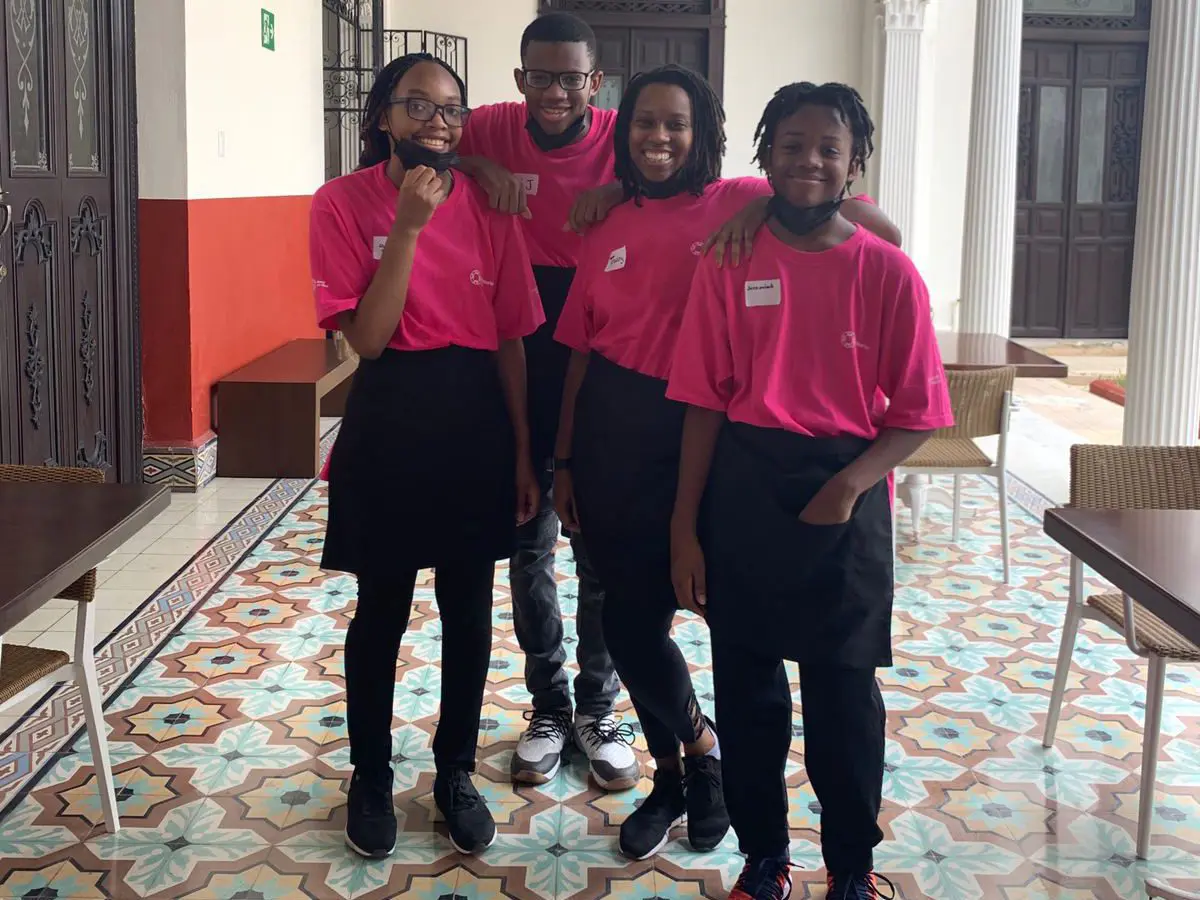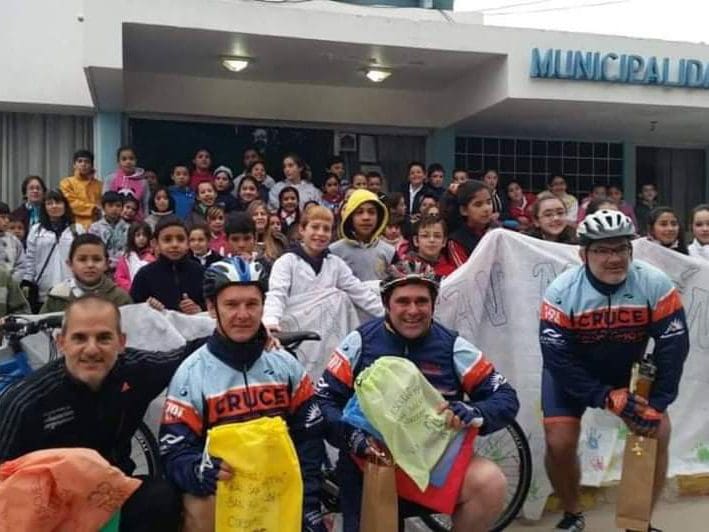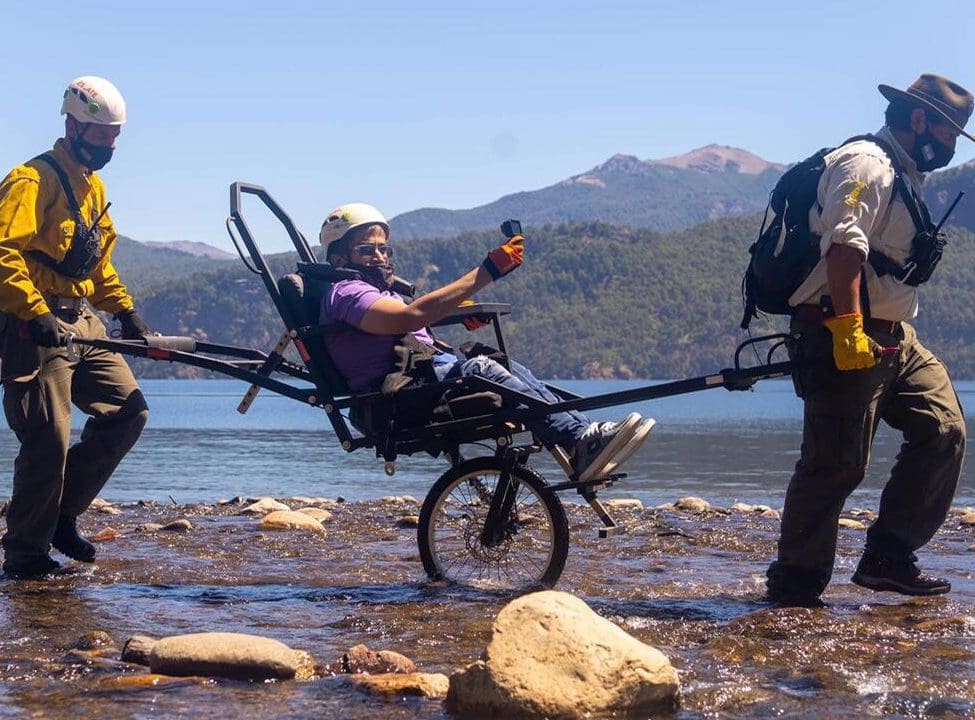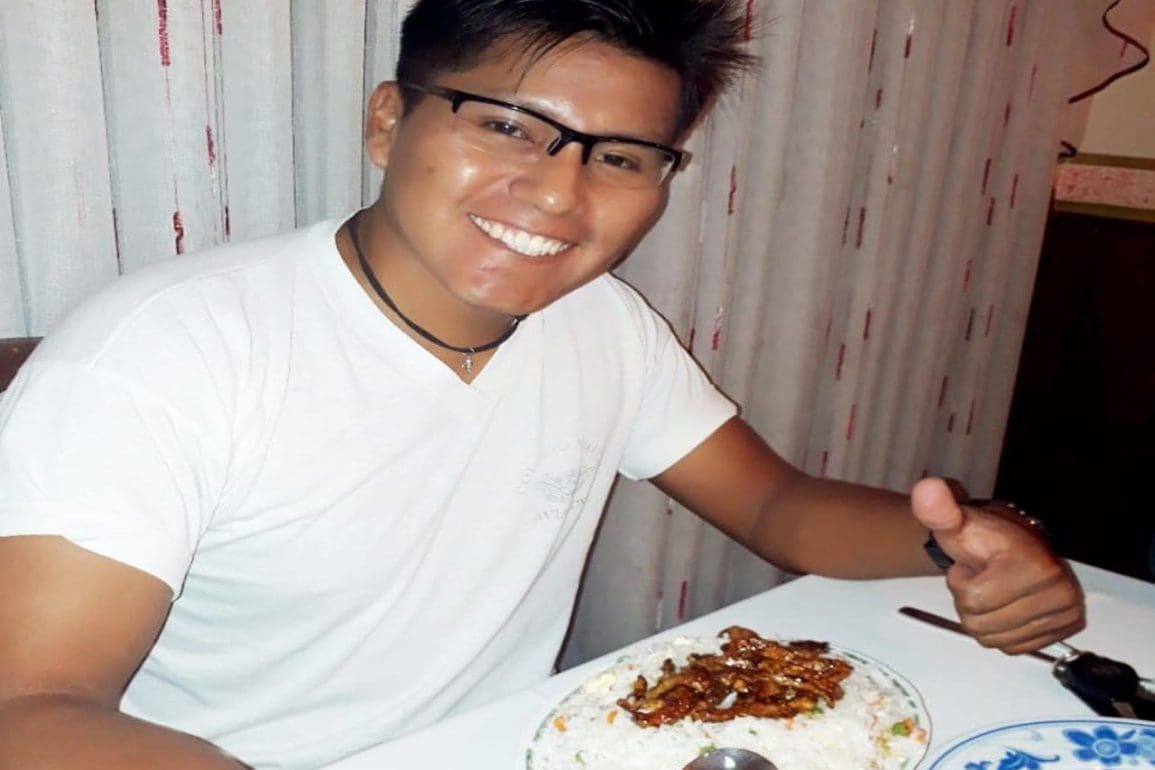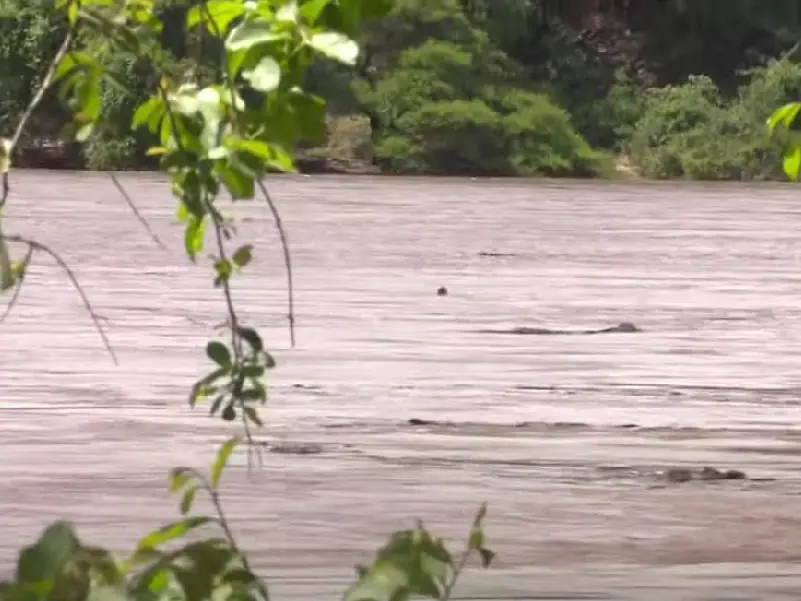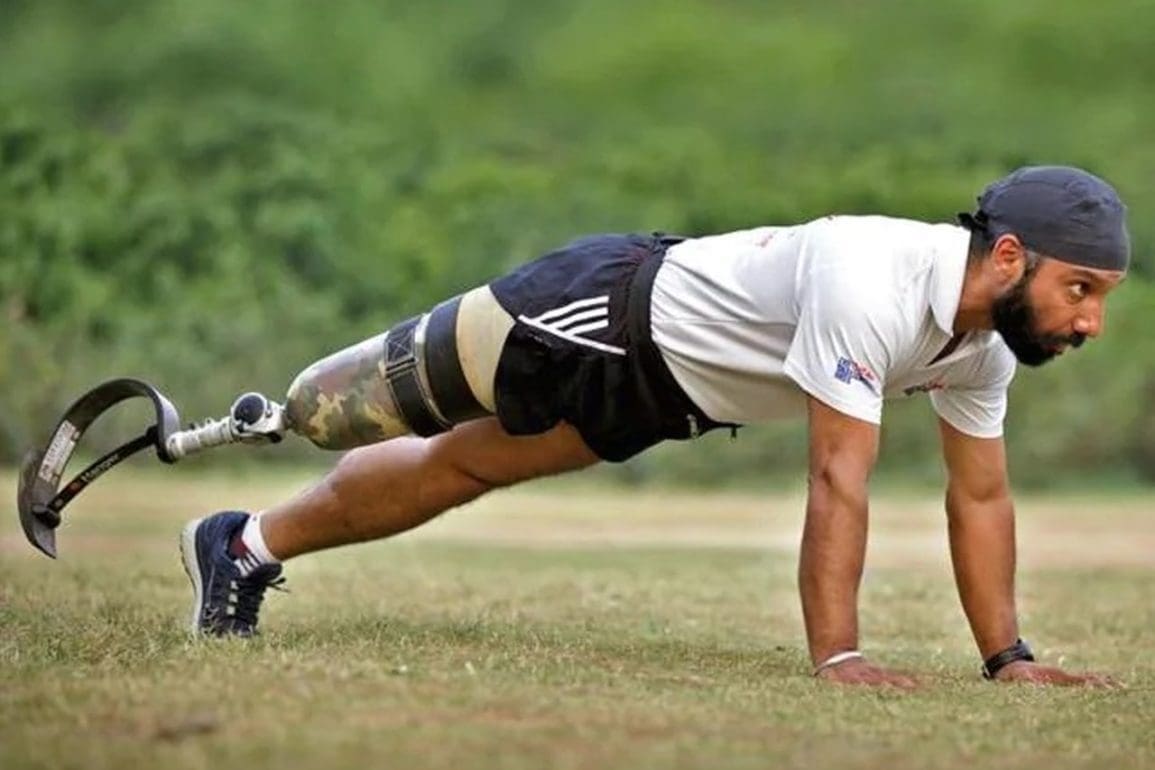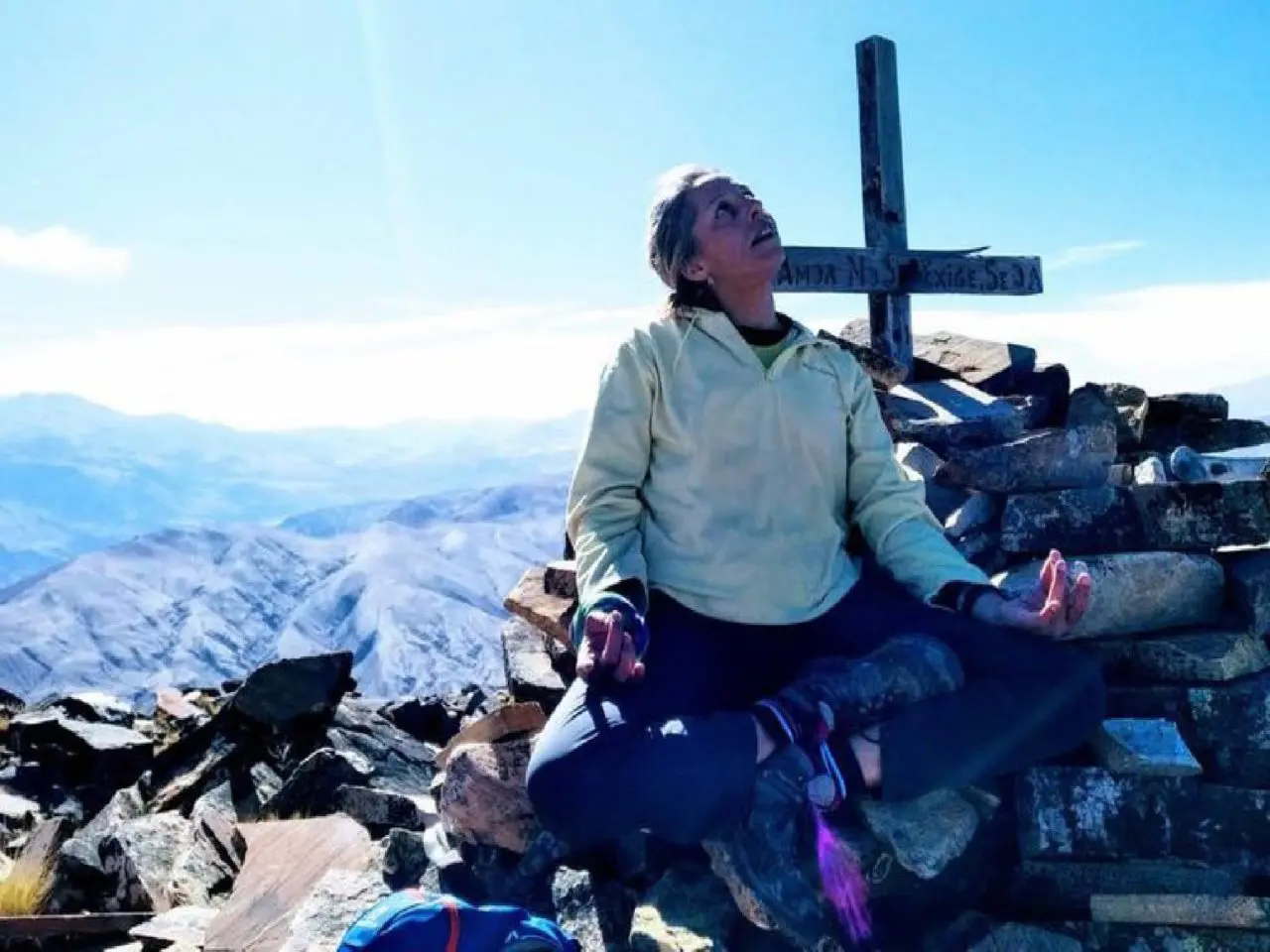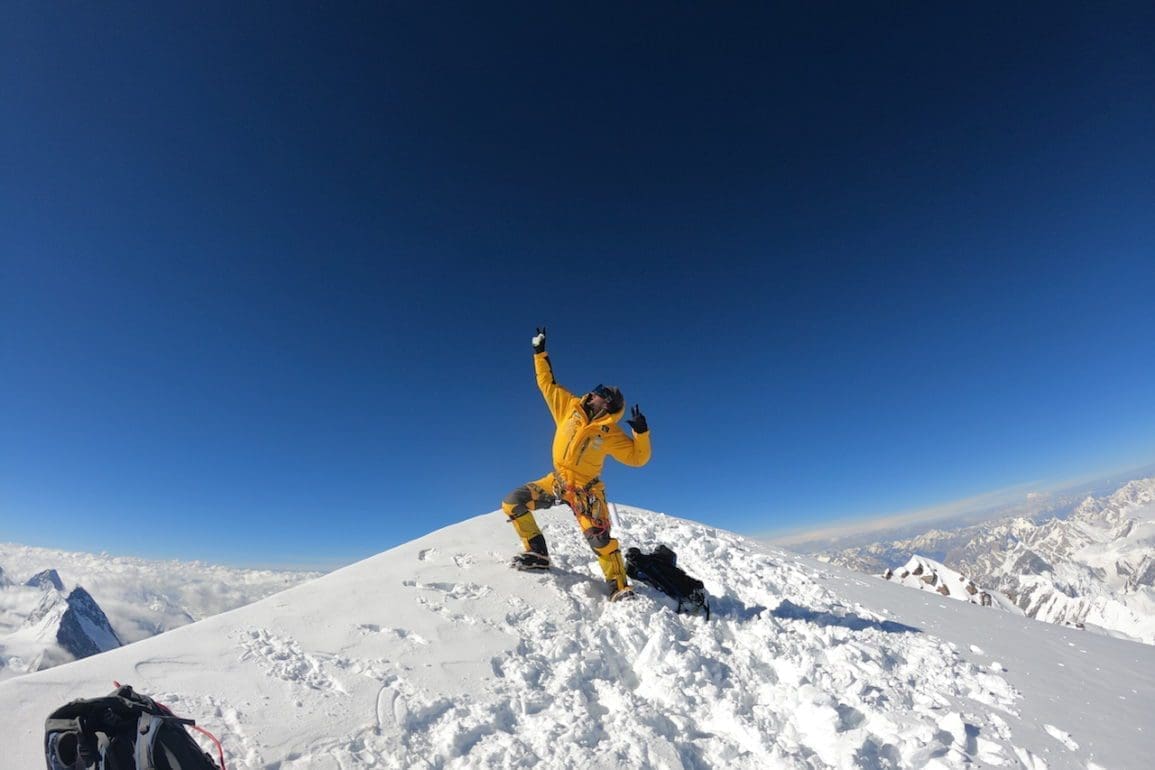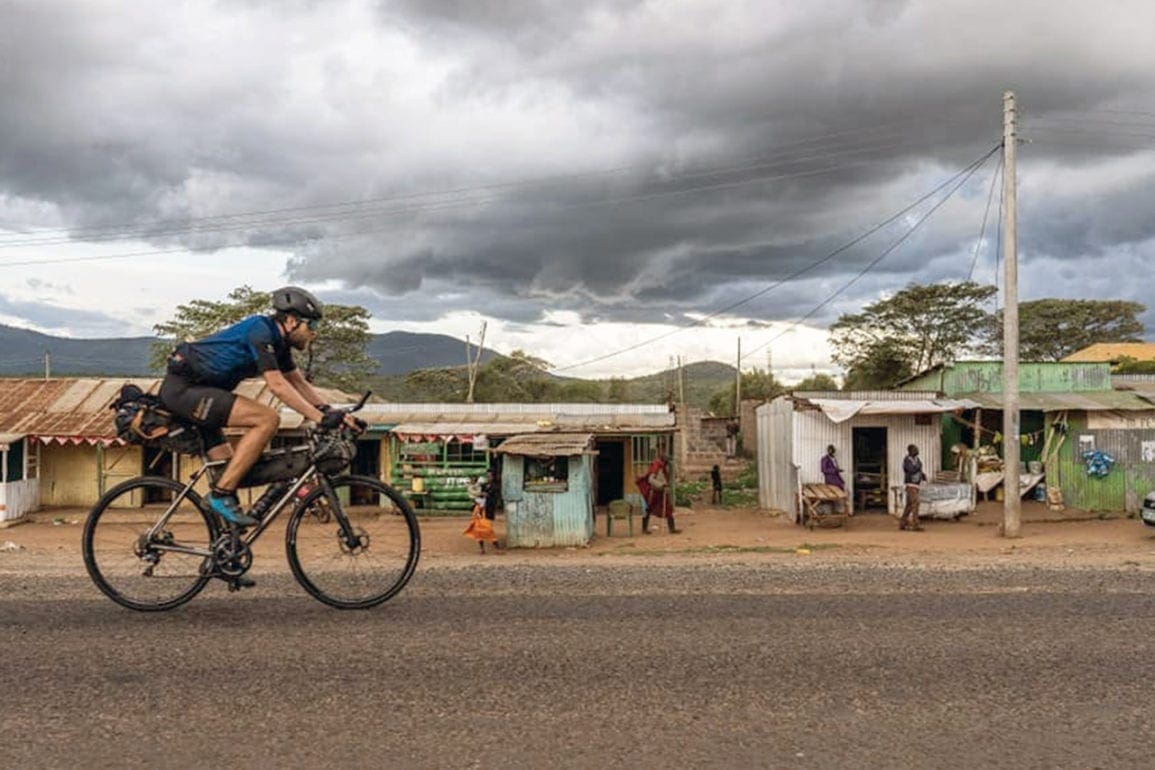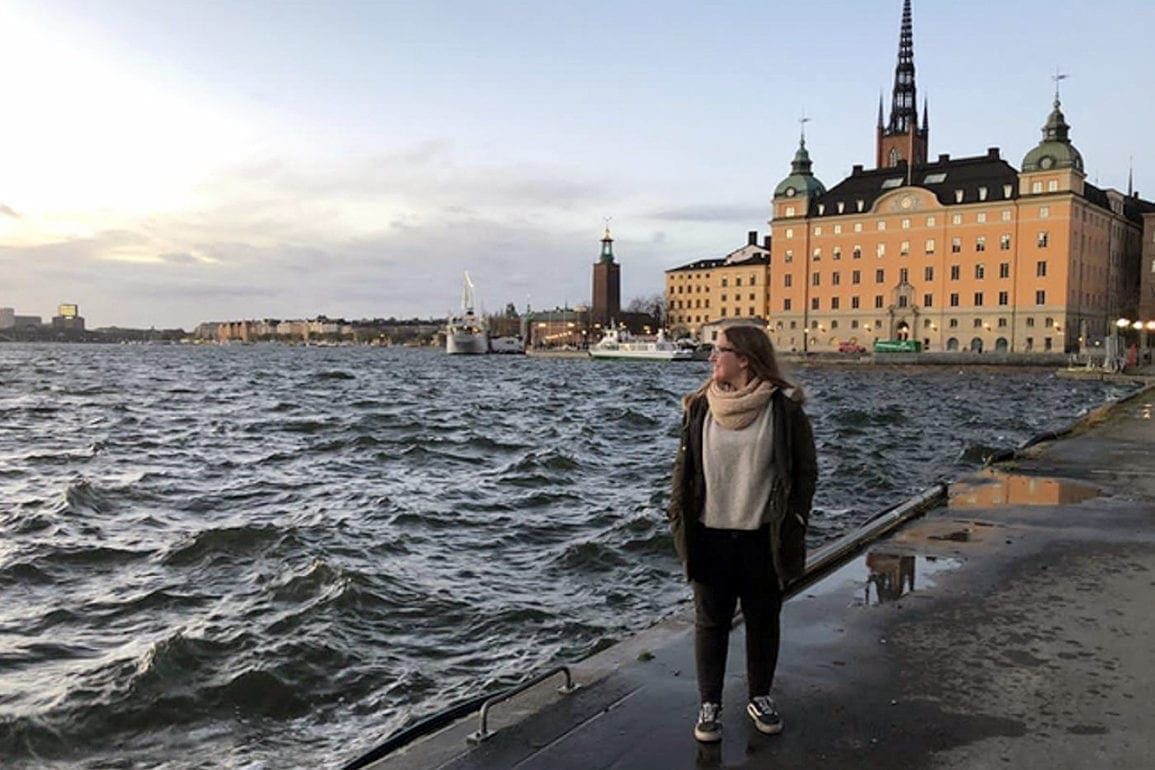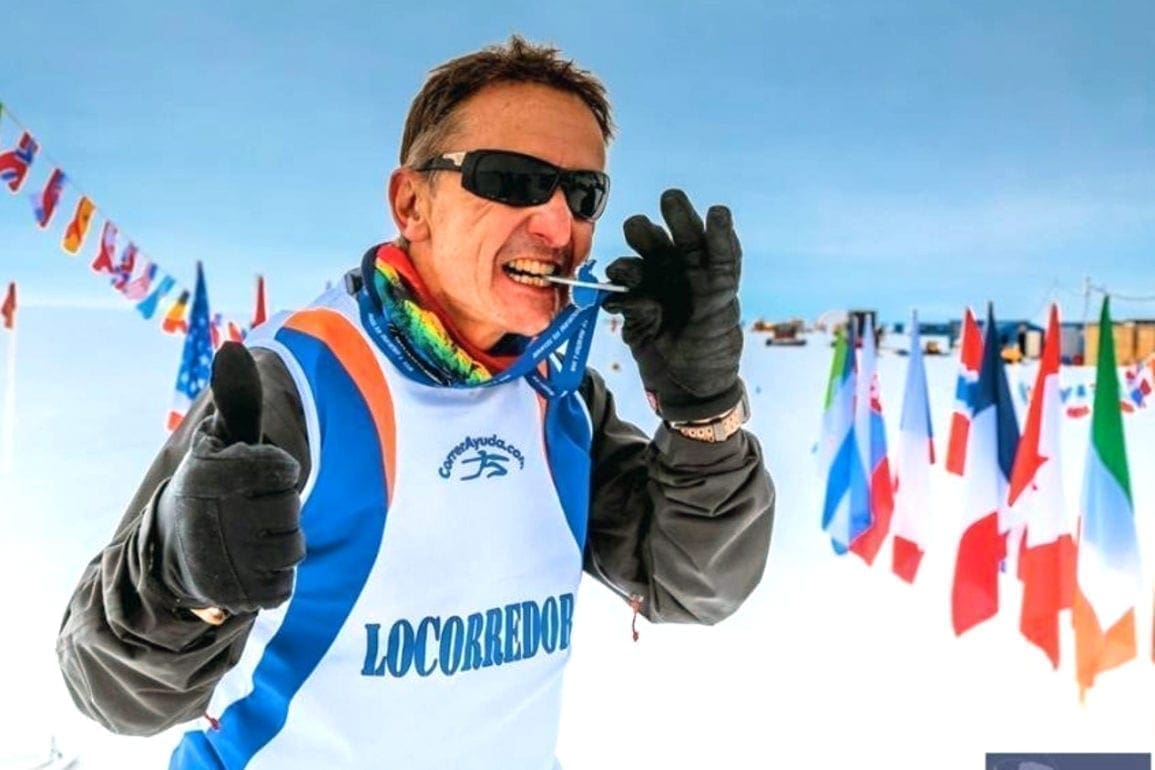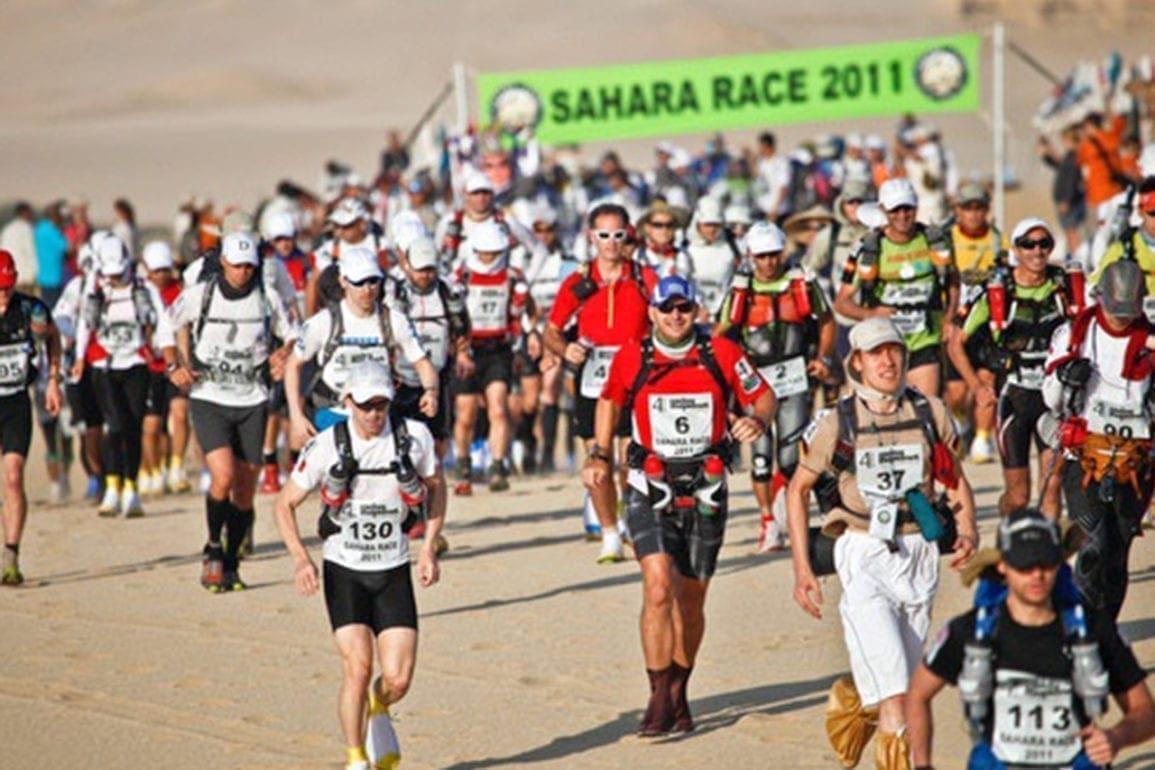They call me ‘Kai Pacha’ or puma protector: activist spearheads resolution banning hunting trophies, advances puma preservation work
Suddenly, I heard the collective echo of soft paws against scorched earth like music in my ears. I turned to find twelve pairs of eyes intently fixed on me, their unspoken trust piercing the smoky haze. That indelible moment galvanized me, filling me with an unyielding strength that courses through my veins to this day.
- 2 years ago
September 25, 2023
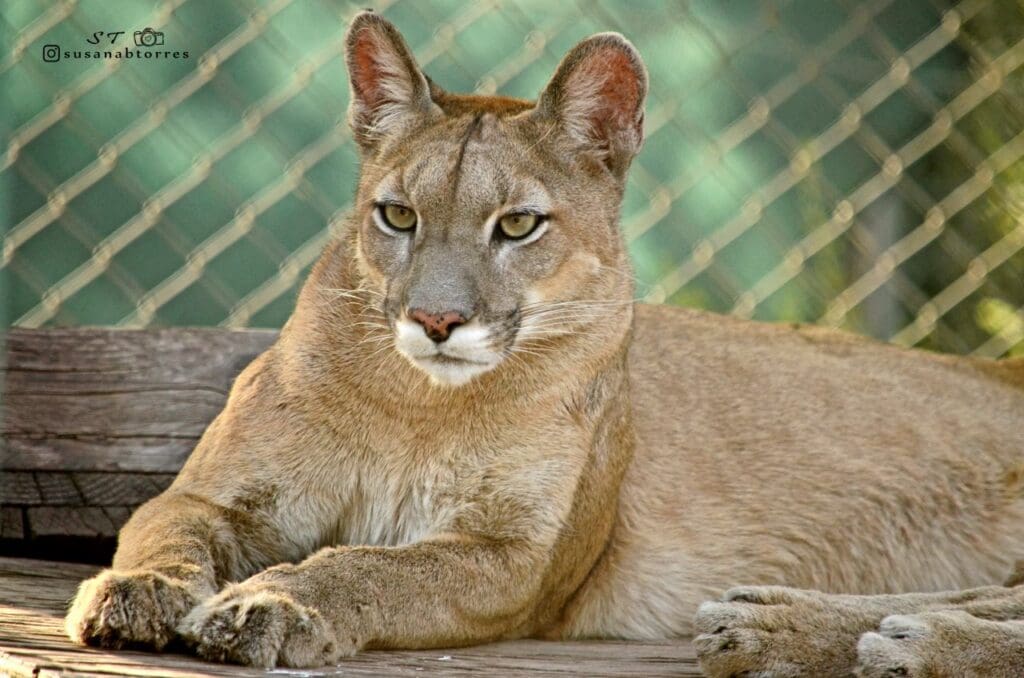
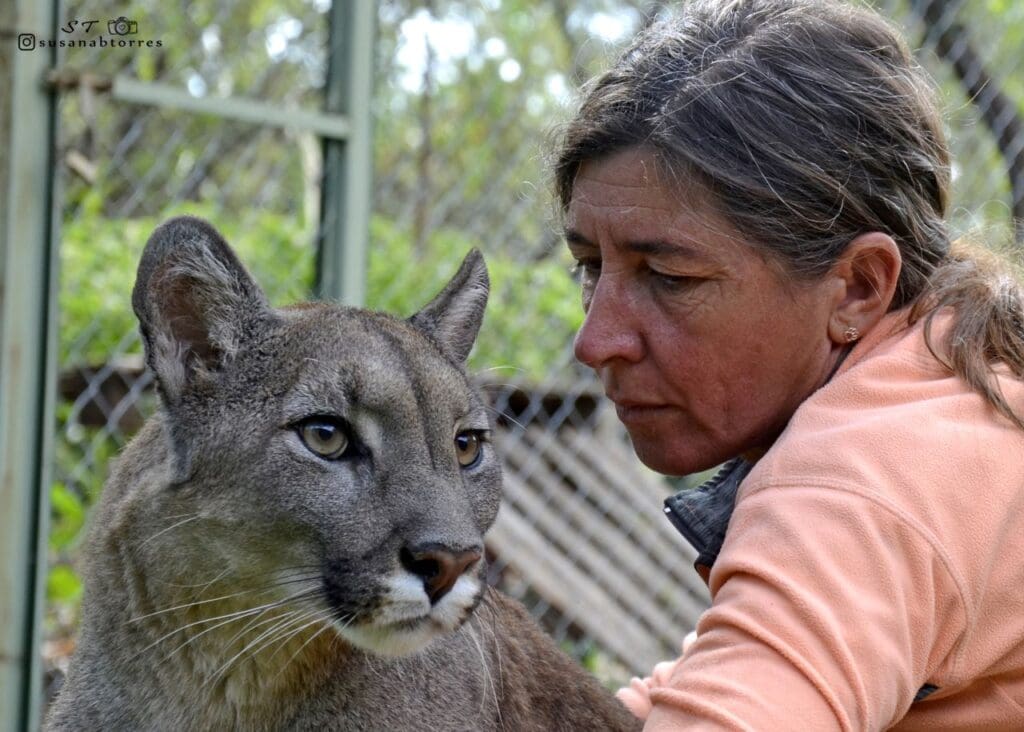
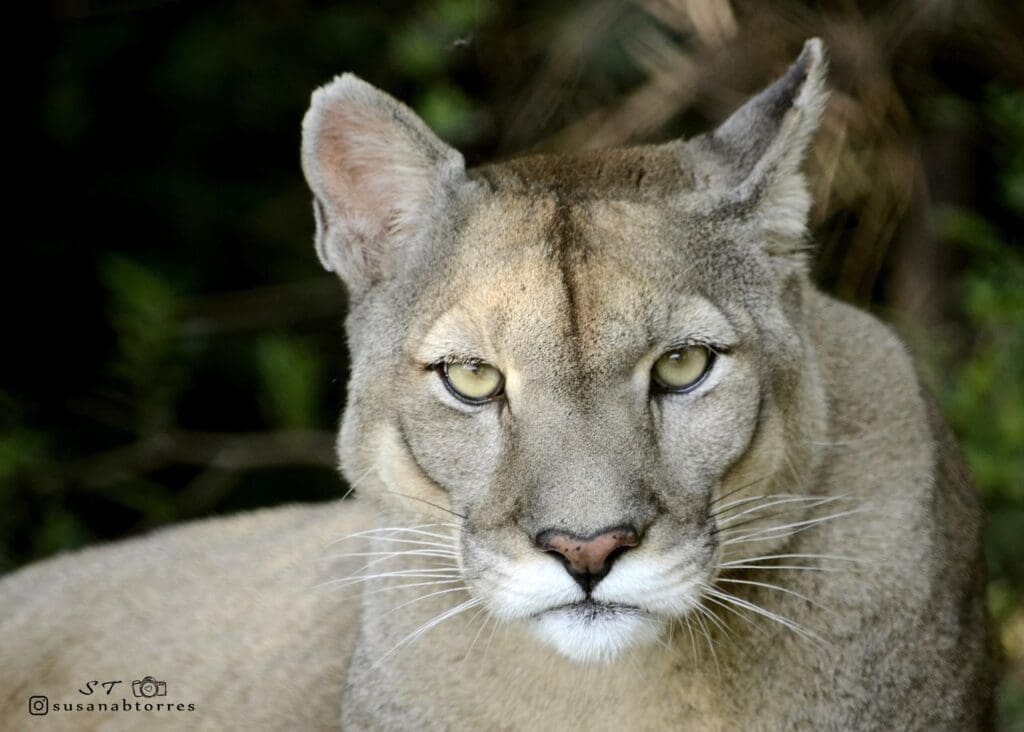
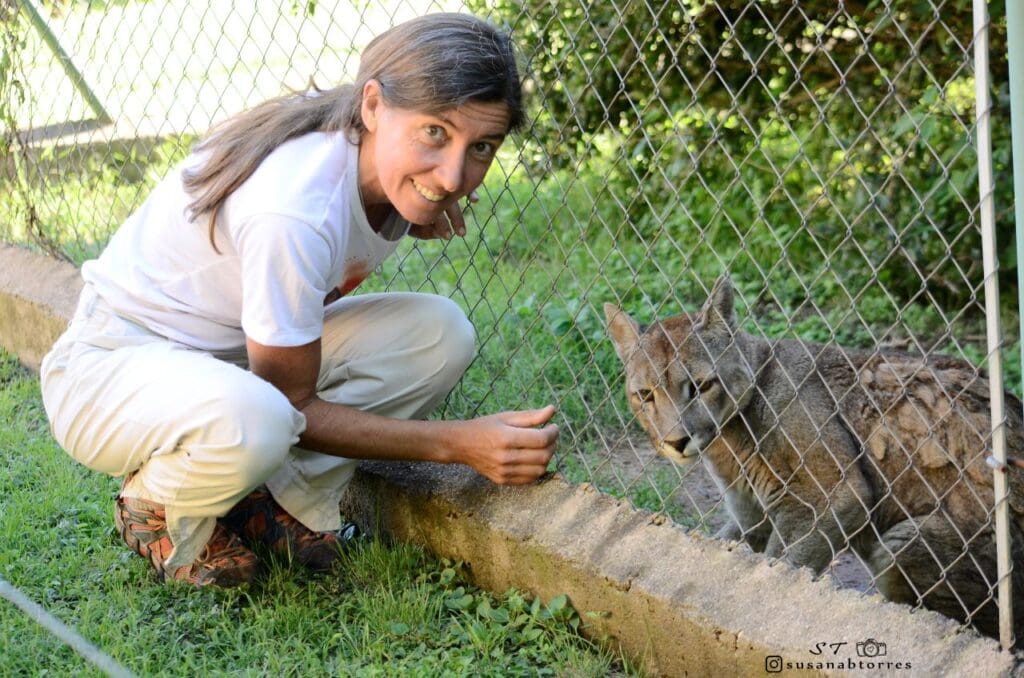
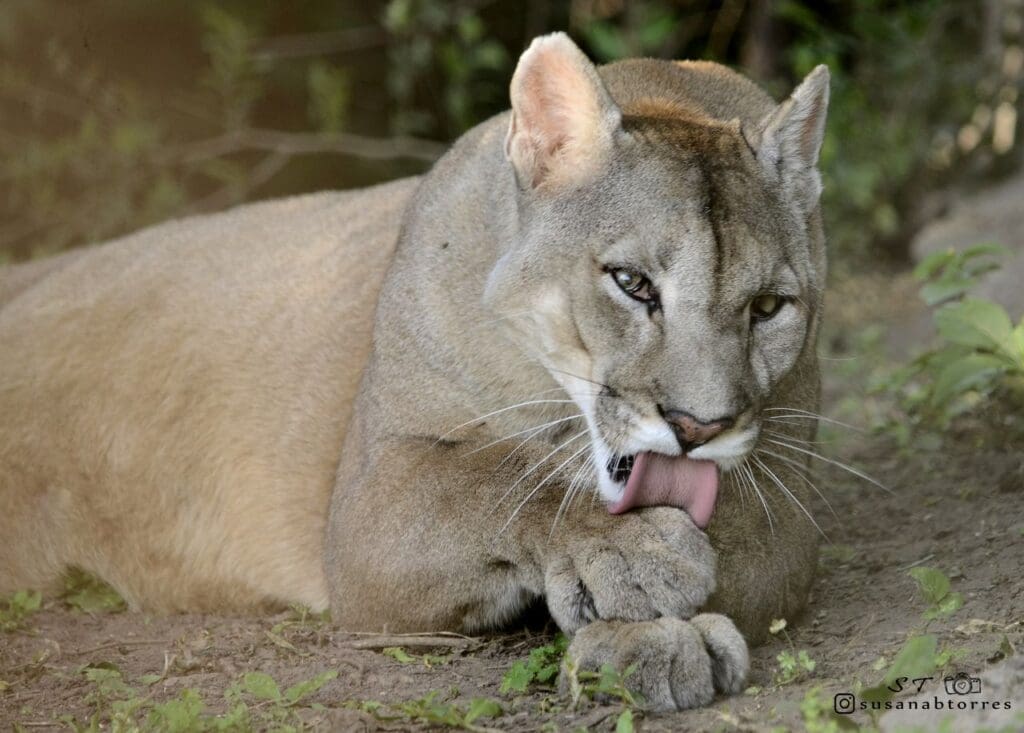
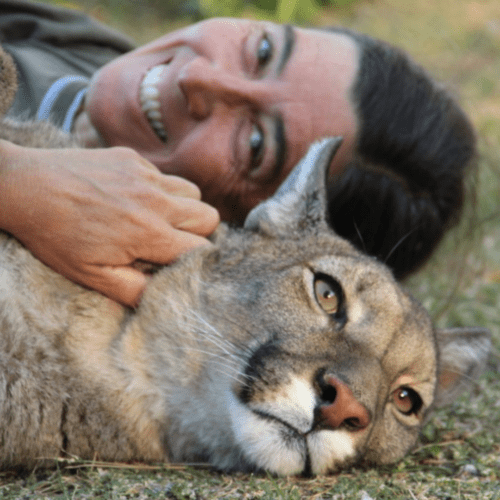
CORDOBA, Argentina — From my youngest days of life, the wild calls of animals filled our home, a legacy of my father’s hunts. Suddenly, one day he walked through the door, his eyes awash in tears, burdened by the guilt of orphaning a roe deer calf. That gut-wrenching moment changed everything; he traded his rifle for land deeds, laying the first stone for our beloved Pumakawa Reserve.
This year, I had the privilege of leading conversations on a groundbreaking new law, Resolution 133/22 that banned hunting trophies, fortifying local efforts to protect livestock against puma attacks. The climax came this August in a riveting ceremony with Argentina’s Ministry of the Environment where we set hunting trophies ablaze. I shivered as I watched, each tear a tribute to our hard-won battles and each heartbeat fueling my resolve. I have a mission: the urgent fight to save our disappearing wildlife.
Guardians of the mountains, Pumakawa reserve serves as a sanctuary and warning bell for our ecosystem
The Pumakawa Reserve in the Cordoba mountains goes beyond a simple animal sanctuary. It acts as a kind of living witness to the interconnectedness of life. Each rustle of leaves – each puma growl – fills me with purpose. As I rehabilitate injured pumas, I feel their trust build with each touch and treatment. Visitors who come to the reserve gain an emotional appreciation for the act of helping animals recover and return to the wild.
Pumas here act as environmental barometers. After all, their behavior signals the health or imbalance of our ecosystem. As I lock eyes with these magnificent creatures, I’m reminded of the encroaching human activities in Córdoba’s agricultural lands that threaten their habitat. The chilling possibility of pumas in urban settings underscores the urgent need for action.
Grassroots efforts have their limits. This is because the real change must come from policy shifts that restore our forests and balance the ecosystem. The air in the mountains carries a weight of responsibility, fueling my relentless fight for those who can’t speak for themselves.
A bond beyond words: Kaku became the heart and soul of the Pumakawa Reserve
As steadfast as my commitment is to the broader wildlife of the Pumakawa Reserve, nothing quite exemplifies my dedication like my bond with Kaku. Kaku entered my life as a newborn puma, dragging a broken leg and grappling with torn skin.
Her luminous eyes stared at me, wide open, as if pleading for a second chance. Defying the veterinarians who recommended euthanasia, I placed her legs in a baby walker. Each step she took rekindled her spirit and strengthened my resolve.
The moment I first held Kaku in the palm of my hand, an overwhelming wave of love swept over me. Blind from birth, Kaku relies on a series of unique sounds to communicate. Our shared language tells me if she wants food or yearns to go outdoors. A symphony to my ears – these signals guide her through the world.
This isn’t just about providing Kaku safety. I must establish sacred trust; the kind of trust that makes every purr and every affectionate nudge a testament to the deeper understanding we share. It confirms that the sanctuary my family built goes beyond survival. This becomes a place where life is truly lived.
Pumas followed me through flames and forged a lifelong commitment
Building on the trust I garner from my wildlife companions; I faced the ultimate test of faith in 2009. Flames devoured the landscape around the reserve, and smoke clawed at my throat as if daring me to breathe. With trembling hands, I unlocked the pumas’ cages. The acrid smell of burning wood filled the air, mingling with the pungent musk of the animals’ fur. I turned to flee, tears blurring my vision. Each step I took was weighed down by the heartbreaking possibility that this was our final farewell.
Suddenly, I heard the collective echo of soft paws against scorched earth like music in my ears. I turned to find twelve pairs of eyes intently fixed on me, their unspoken trust piercing the smoky haze. That indelible moment galvanized me, filling me with an unyielding strength that courses through my veins to this day.
In the mutual gaze of that fiery crucible, my purpose crystallized. I pledged to amplify the pumas’ silent cries and to be the steward they chose me to be. Surrounded by fire and smoky air, we forged a covenant. It went beyond survival. It represented my lifelong commitment to their dignity and well-being.
My oath as Kai Pacha, educational campaigns will lead the future
In the years ahead, our goal is to influence people through educational campaigns aimed at improving everyday practices. We will engage with agricultural producers to update management techniques and collaborate on public policy reforms. We will upgrade our facilities, professionalize our operations, and expand Puma Kawa Monte.
I have spent nearly three decades running this reserve. Today, I can say that I find greater solace and strength among animals. This is not intended to belittle humanity. I simply find myself more empowered by my instincts and my connection to the land. This intuition gives meaning to my life in a way that human, cognitive thought cannot.
I’ve adopted the name Kai Pacha, meaning “puma protector of the here and now” in Aymara. My friends gave me this name as a tribute to my life mission. Officially changing my name serves as a daily reminder of my purpose, keeping me grounded and focused on the path I was born to follow.



